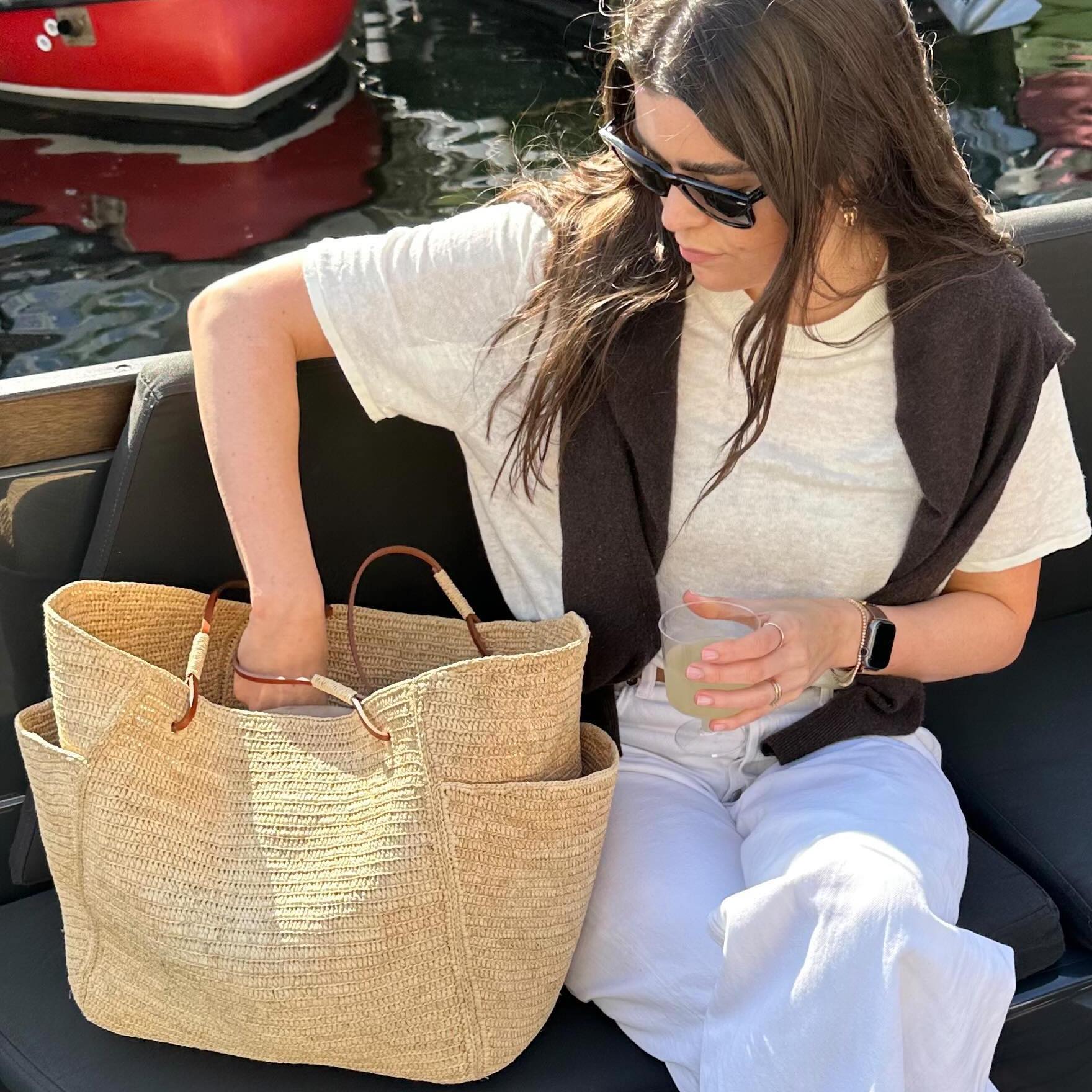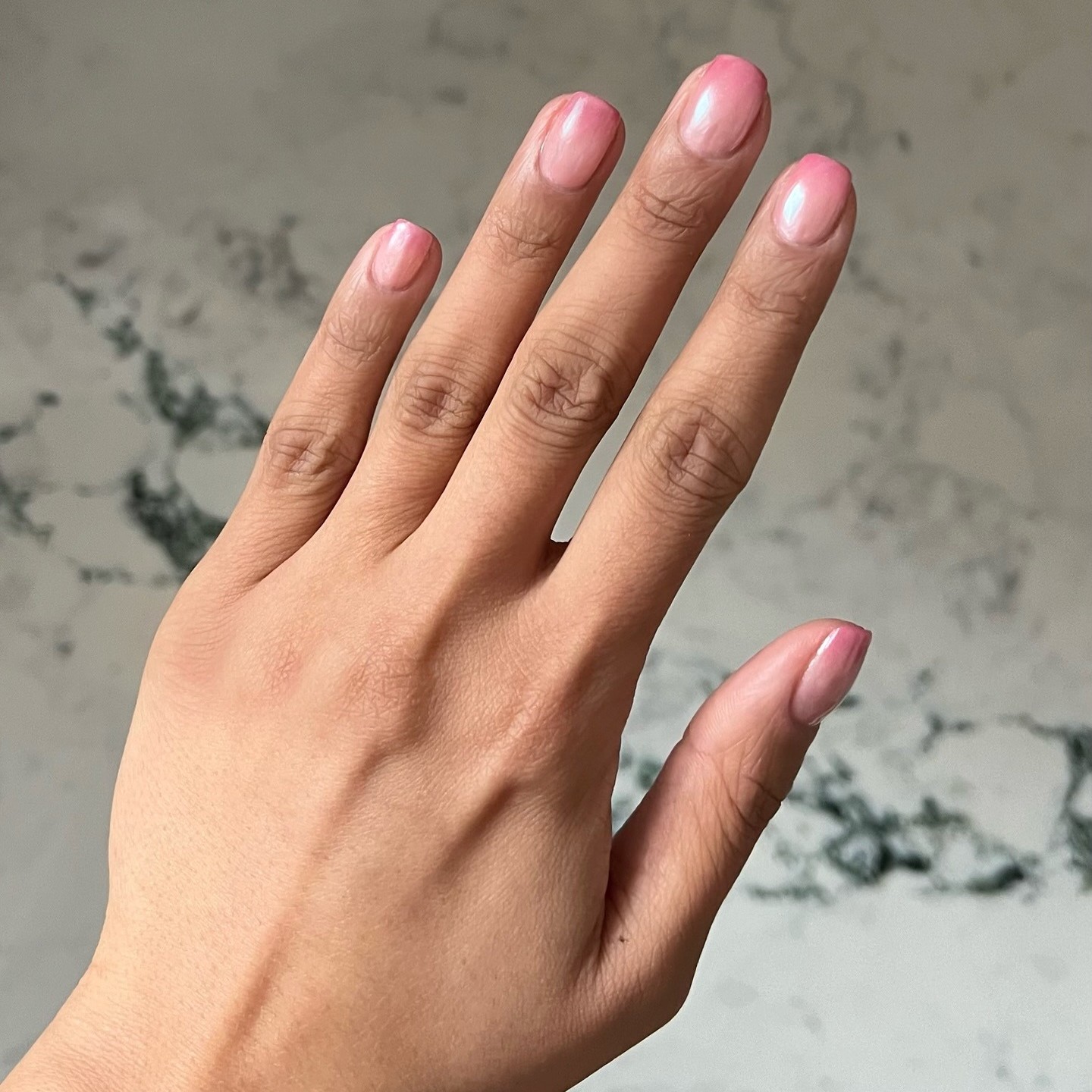Meet the Fashion-Industry Leaders Paving the Way for Future Black Creatives
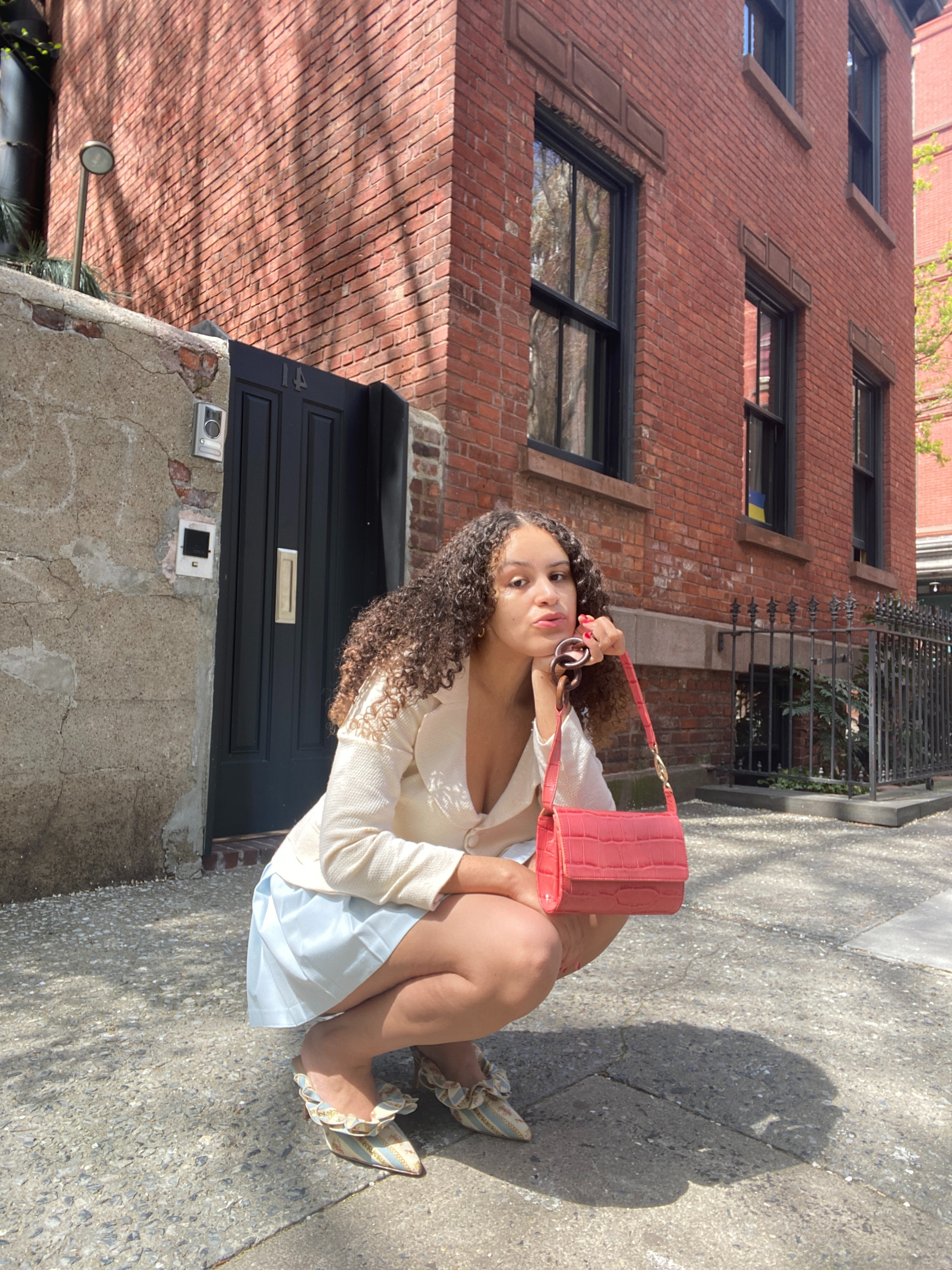
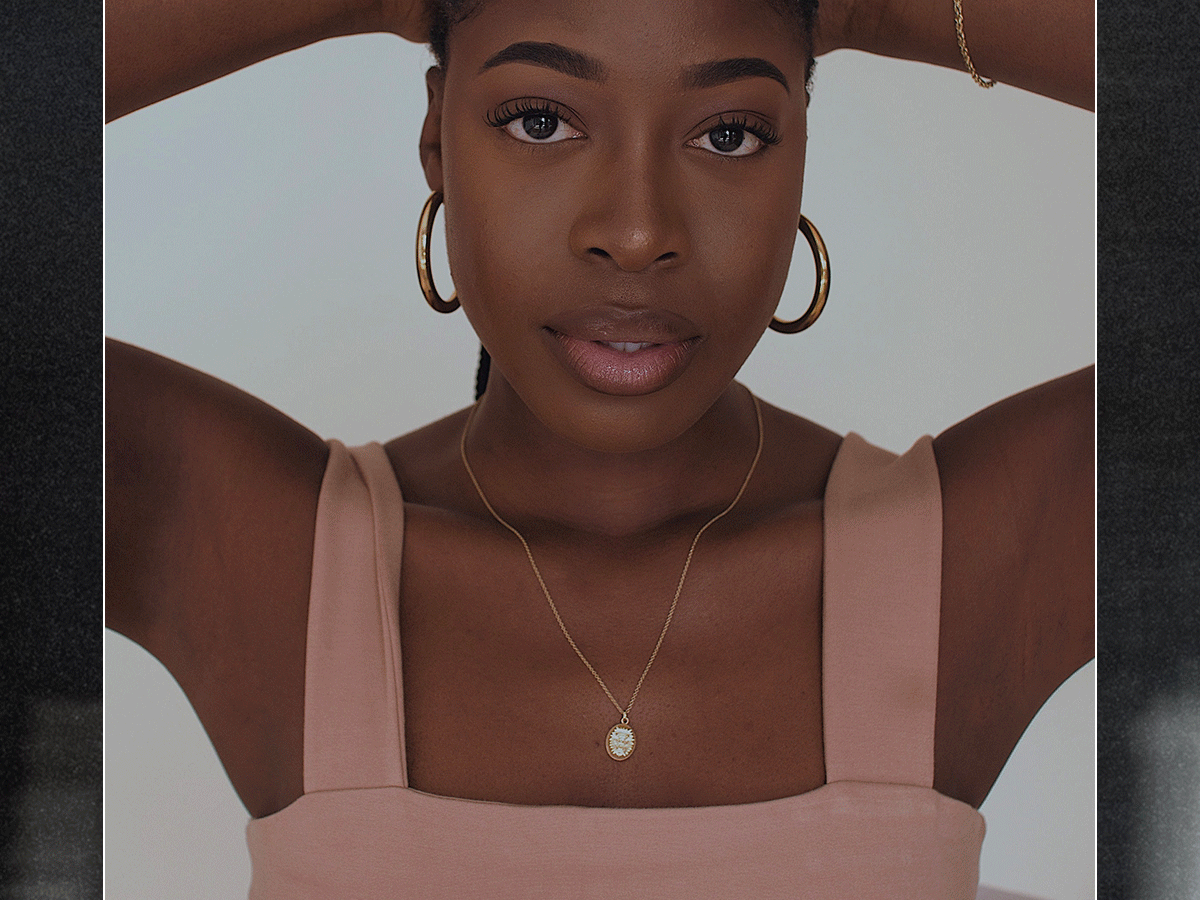
One of my favorite quotes is from the late Black poet and author Maya Angelou. It states, "I come as one, but I stand as ten thousand." It's an idea I think about when I'm sitting at fashion week or when I've popped into a preview to learn more about the collections from some of my favorite Black-owned brands. I'm always thinking about how so many before me paved the way in helping me get into that space. It's not something I take for granted because I understand how the odds are stacked against women of color.
It's an undisputed fact that women of color, specifically Black women, face more glass ceilings in their careers. The wage gap (for every dollar a white man makes, a Black woman comparatively makes 63 cents) and lack of venture-capital funding (only 0.6% of all investments in 2020 went to Black-founded companies) continue to be entry barriers to various fields for many Black women. Of course, our collective reckoning with systemic racism that began at the onset of protests in 2020 did start to move things forward. Many publications and retailers committed to the Fifteen Percent Pledge back in 2020. This year, the U.S. House of Representatives passed The CROWN Act, which would make it illegal to discriminate against natural hair textures.
Still, there's always more work to be done. Ensuring that we diversify our newsrooms and making sure BIPOC designers have access to capital and connections should be of uppermost importance year-round. No one understands that quite like the two founders and powerhouses, Sandrine Charles and Nana Agyemang. Their hustle, style, and dedication to expanding opportunities for creatives make them mavericks in their own right. They've been paving the way for future generations, but you don't just have to take my word for it. Ahead, you'll hear from Charles and Agyemang about their careers, why they founded their businesses, and the importance of creating opportunities for creatives of color for generations to come.
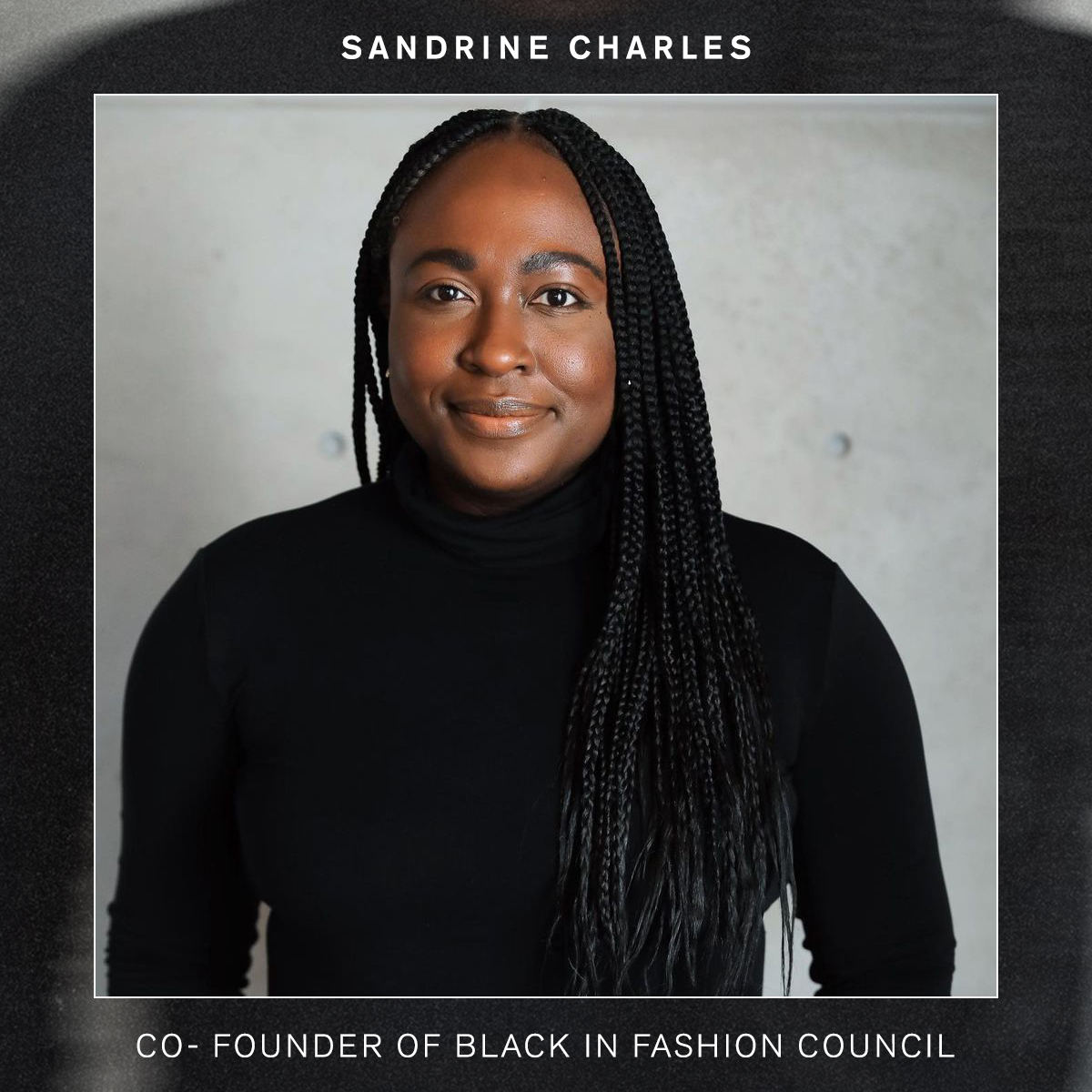
WHO: Sandrine Charles, communications consultant, founder of Sandrine Charles Consulting, and co-founder of Black in Fashion Council
For those who aren't familiar with your work, how long have you worked in the fashion industry? What compelled you to pursue a career in fashion PR?
I have worked in PR for almost 14 years and was inspired to work in this space after an opportunity to go to an industry event. That event sparked my interest in getting into the industry. I was inspired by another way of working outside of my projected legal career path.
You not only own your consulting and PR firm, but you also co-founded the Black in Fashion Council (BIFC). For you, why do you think it's more important than ever for fellow Black creatives to take the jump and start building their own space in the industry?
I believe Black creatives can take up space in various categories and spaces in addition to building their own space in the industry. We still absolutely need creatives at established companies and brands [to] share their talents. In terms of entrepreneurship, I think experience propels the longevity of opportunity. Working in the industry and gaining experience has helped me navigate my entrepreneurial life.
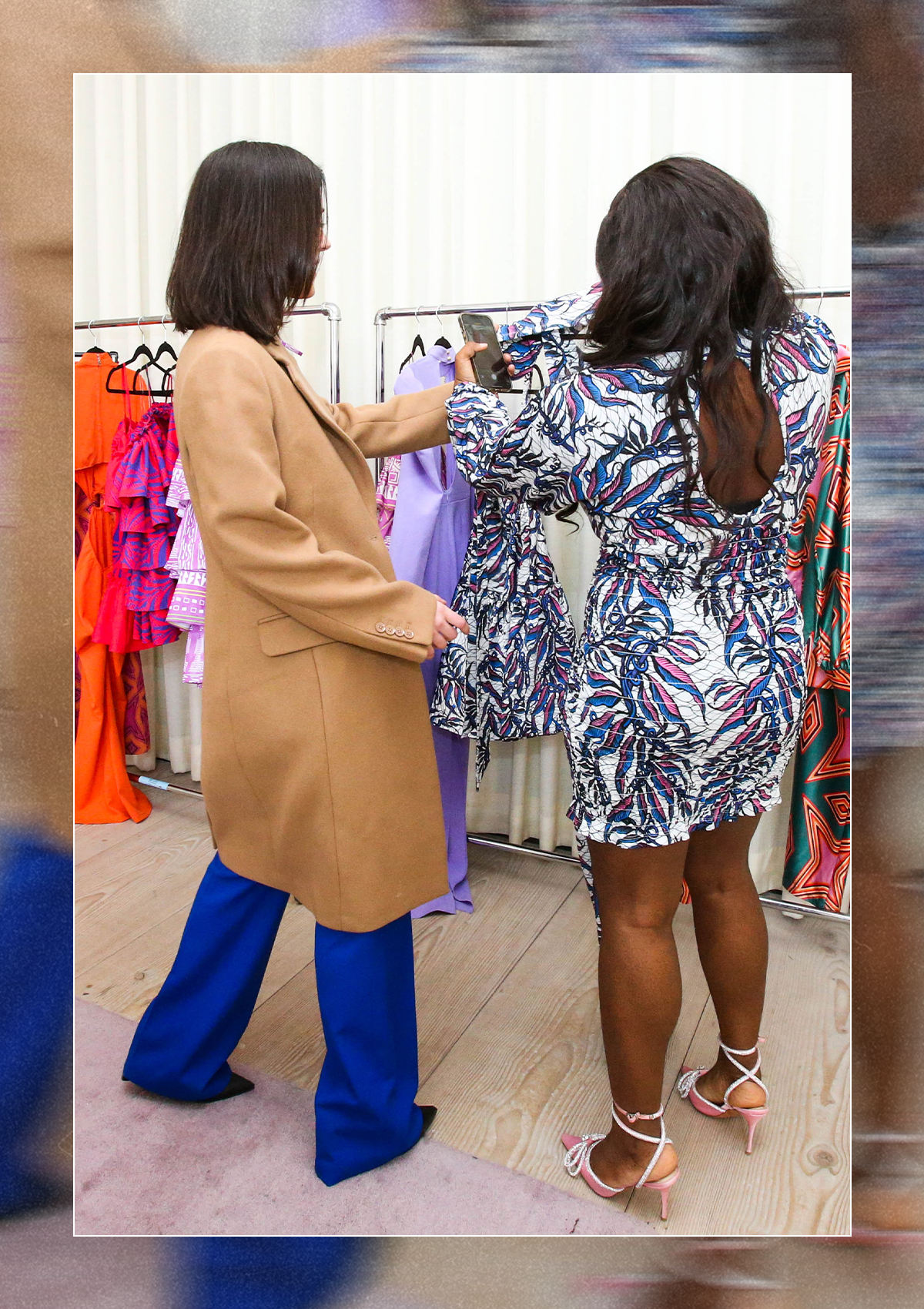
Sadly, despite the collective shift in conversations around systemic racism and sustainability over the past few years, there are still sectors of fashion that aren't invested in real change beyond the surface level. Would you say the desire to change the industry for the better is what compelled you to start BIFC?
Lindsay Peoples Wagner and I are hoping our efforts shift the narrative of equality in the industry standard. We are working on multiple initiatives with brands and partners to set up a structure for people currently in the industry and the next generation. The goal is to create opportunities for success in the long run for Black people.
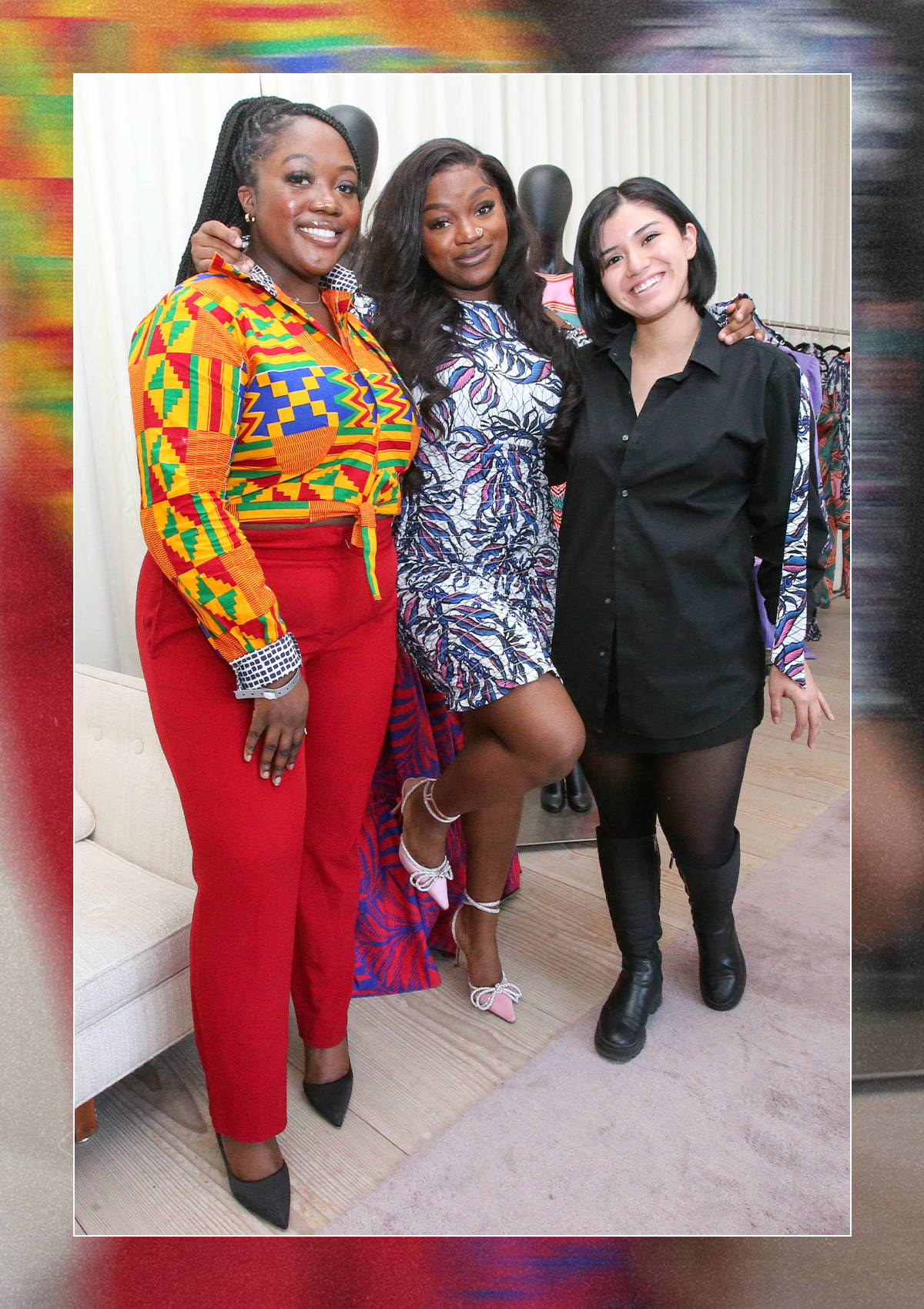
Now that you've been running the council for over two years, how do you feel it's begun to change the industry?
I believe we work with several brands that are proactive in being change agents. We recently launched the directory with Color of Change in addition to hosting our fourth season of the Discovery Showroom with IMG, supporting and cultivating emerging designers. For us, it's about giving tools to creatives to let them lead the change themselves.
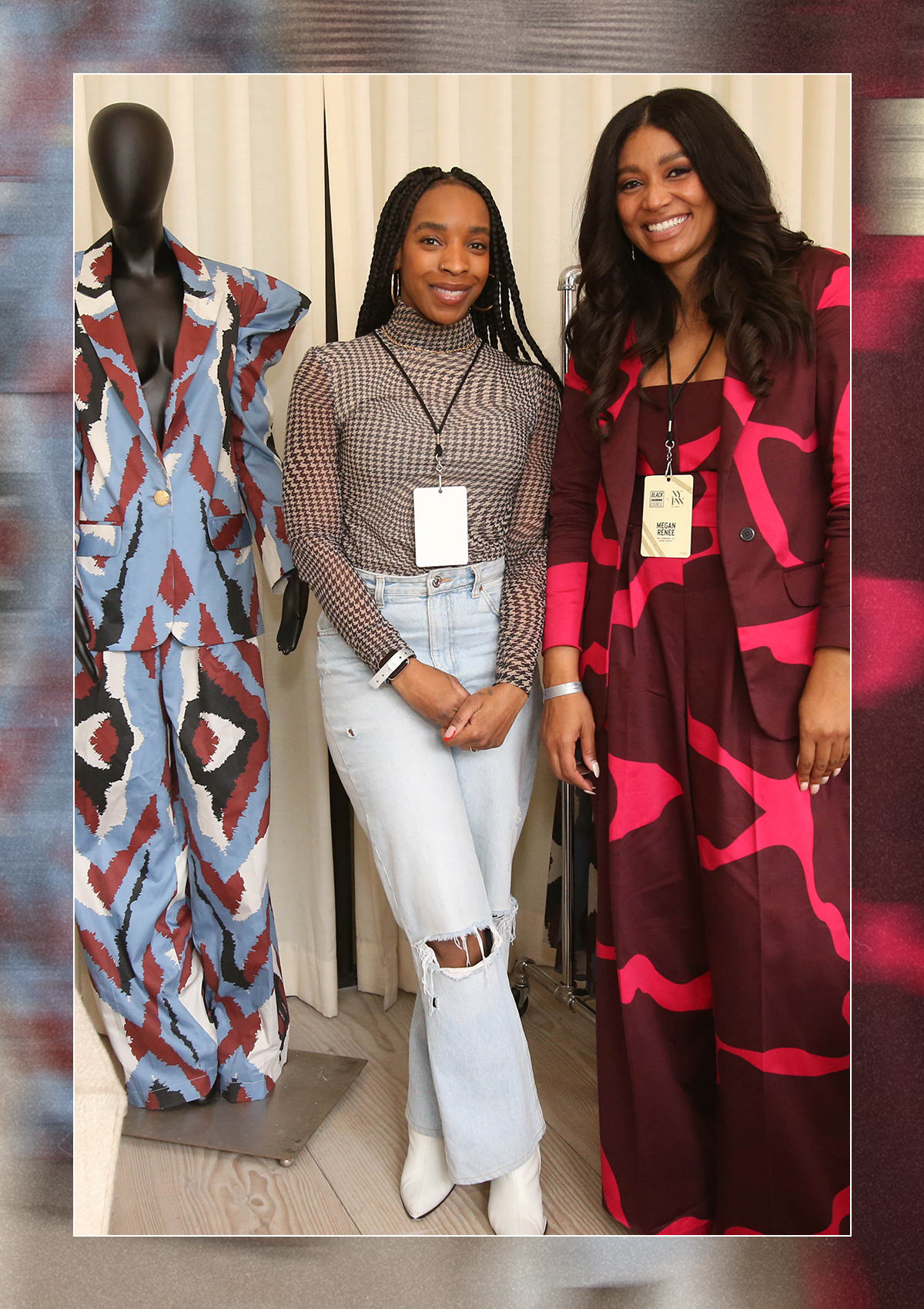
You partnered with the Human Rights Campaign to produce an inaugural index report measuring how company practices and policies impact Black employees. Why is it so important in your eyes to create this report?
Our goal was to identify, quantify, and measure the universal standard of equality. As many brands are starting to make an effort, we know that change will come over time. However, the effort is in fruition with the brands within the council that are dedicated to fostering equity in the fashion industry.
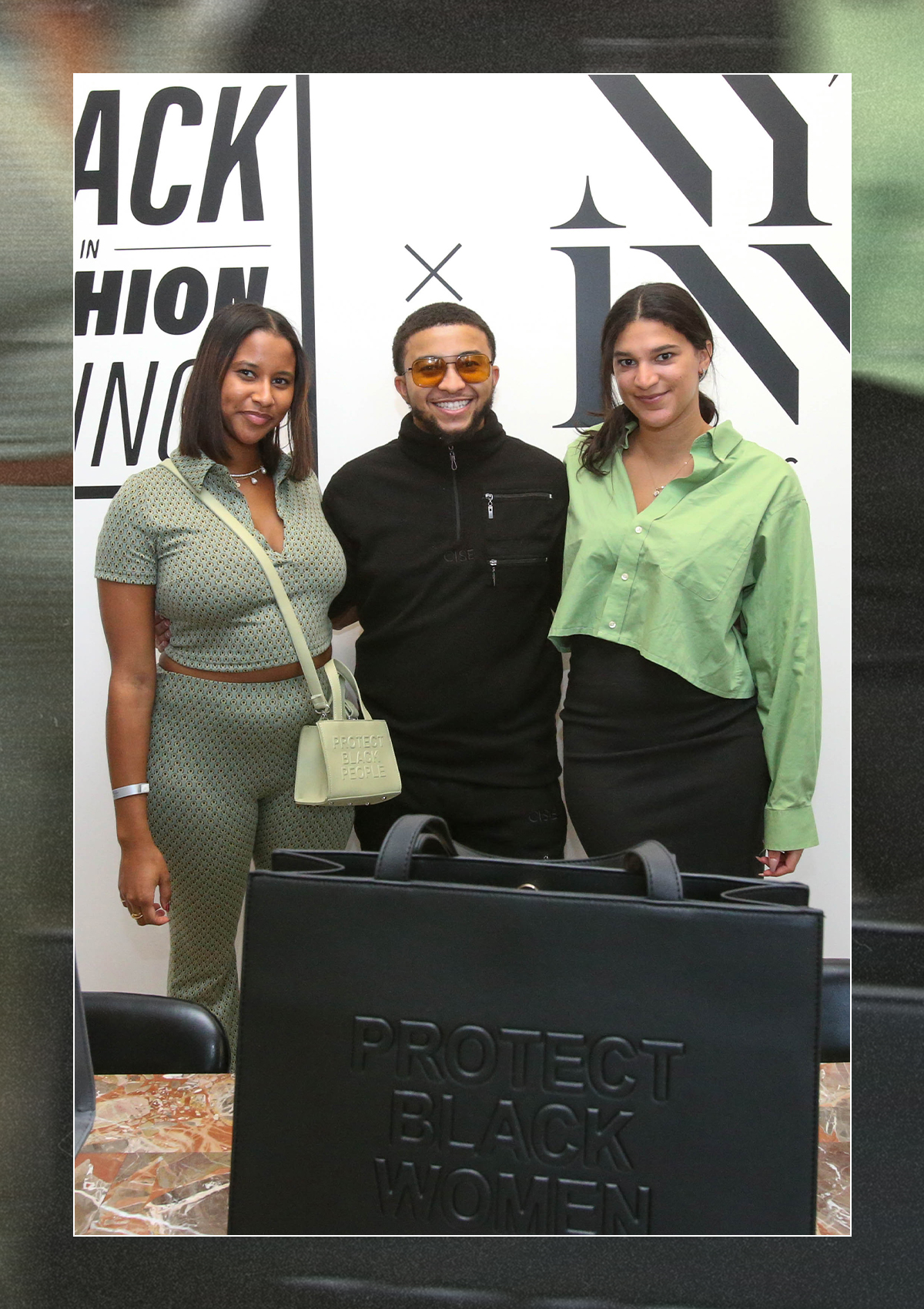
In addition to creating a corporate index, you'll also produce a digital directory of Black fashion and beauty professionals that brands can purchase to assist with hiring and diversifying their staff. Why is this a critical part of creating change within the industry?
The importance of the directory is we are in pursuit to incorporate and update our portal available to brands and networks looking to hire more talent. Our index is instrumental in ensuring that all creatives, with respect to their experience, have the opportunity to be explored for a chance. We have seen that many brands use the same creatives repeatedly and advise they don't know any others, so we wanted to build a clear tool kit that can eliminate this excuse for not hiring Black talent.
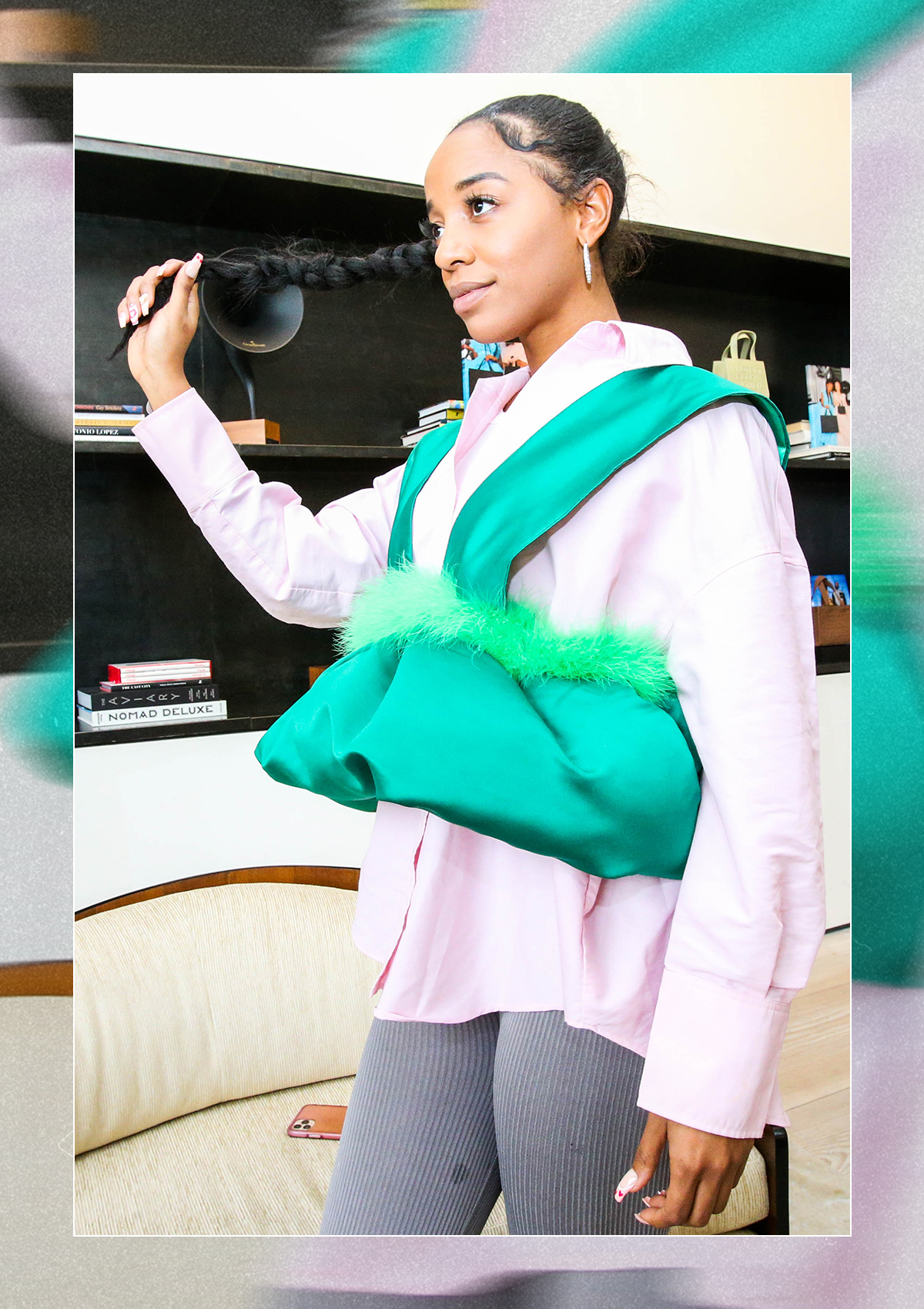
Being that BIFC curates new talent to follow each season at fashion week, is there a designer whose work you're personally in love with?
I love all the designers we have curated through the Discovery Showroom over the past couple of seasons. We've had everyone from Theophilio, who showcased with the showroom twice and is now soaring. We've had Third Crown, who has inspired my evolving relationship with jewelry. And also, Ndigo Studio is a brand I love because its collections really embody my style (especially for vacations).
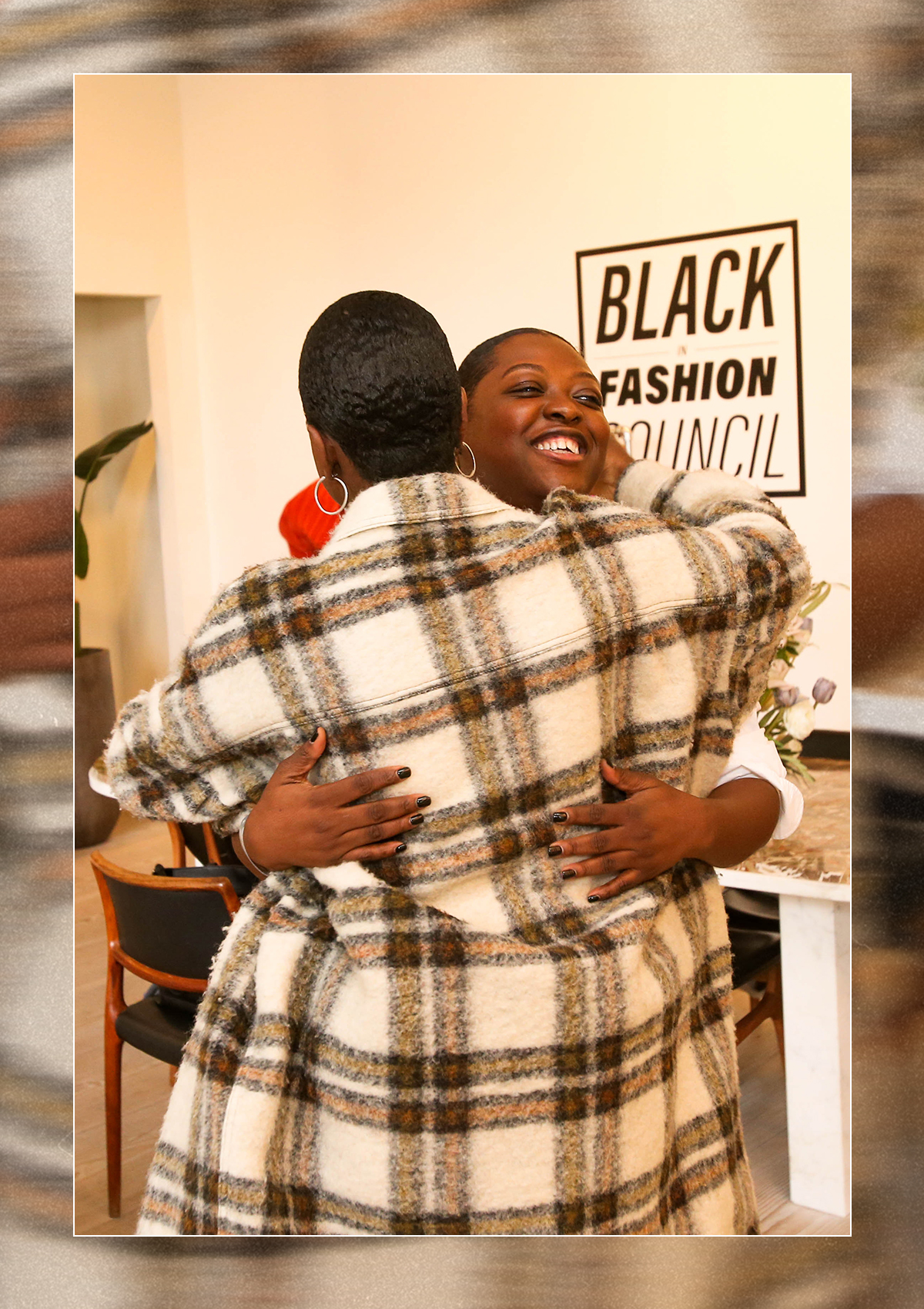
What has been the most rewarding part of watching BIFC grow for you? How has the mission of the organization evolved for you?
The most rewarding part is Black in Fashion Council's steady evolution is based on the love of our community. It is great to see that we can build opportunities and continue to make strides in the right direction for our emerging talent, established individuals in the community, and new talent. Lindsay and I are energized to continue our efforts for our second year. Our work is a slow and steady progression, so we still have more to do!
What do you hope people take away from your work?
I hope my work ethic and willingness to put myself out there is my legacy. I'm always striving for the best for myself and others, and I hope that will be the takeaway from my work.
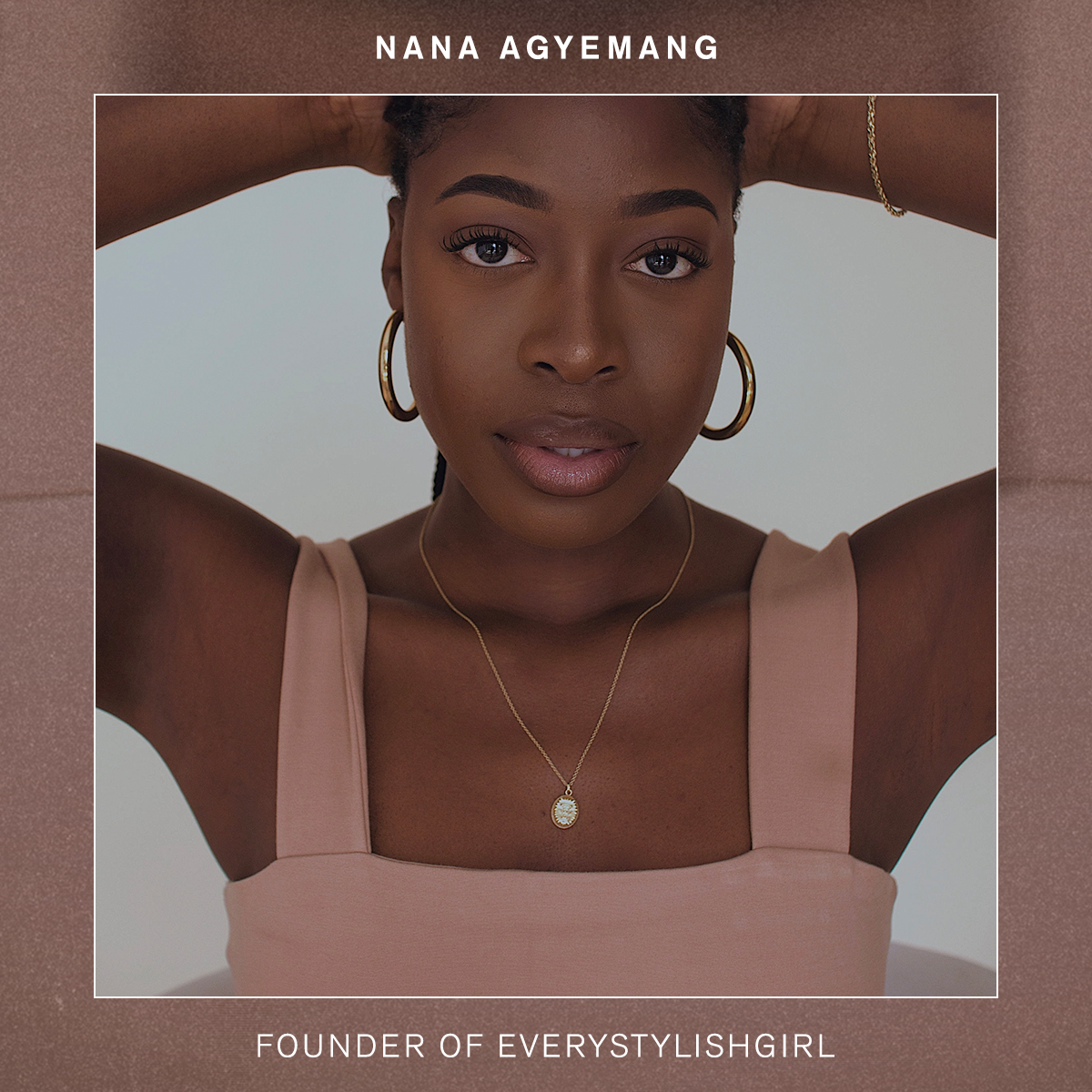
WHO: Nana Agyemang, multimedia journalist and CEO of EveryStylishGirl and EveryStylishGirl Biz
For those who aren't familiar with your work, how long have you worked in the fashion industry?
My first media job was back in 2017. I've been in the fashion industry for about six years.
You've not only worked in media for years, but you also founded EveryStylishGirl (ESG)—what compelled you to start your own business?
I've always had a sense of entrepreneurship in my blood and have always wanted to work for myself. Working in the industry and not seeing a lot of representation propelled me to be like, "Oh, yes, there's no doubt about this in my mind that I need to start this company." EveryStylishGirl started as a digital media platform. I wanted to be a voice for the voiceless because I didn't feel like we were getting our stories told in mainstream magazines, mainstream podcasts, or television shows. I'd say there was a lack of representation across the board, and I felt that, with my experience, I could use my resources and contacts to grow and expand my company. And that's exactly what I did.
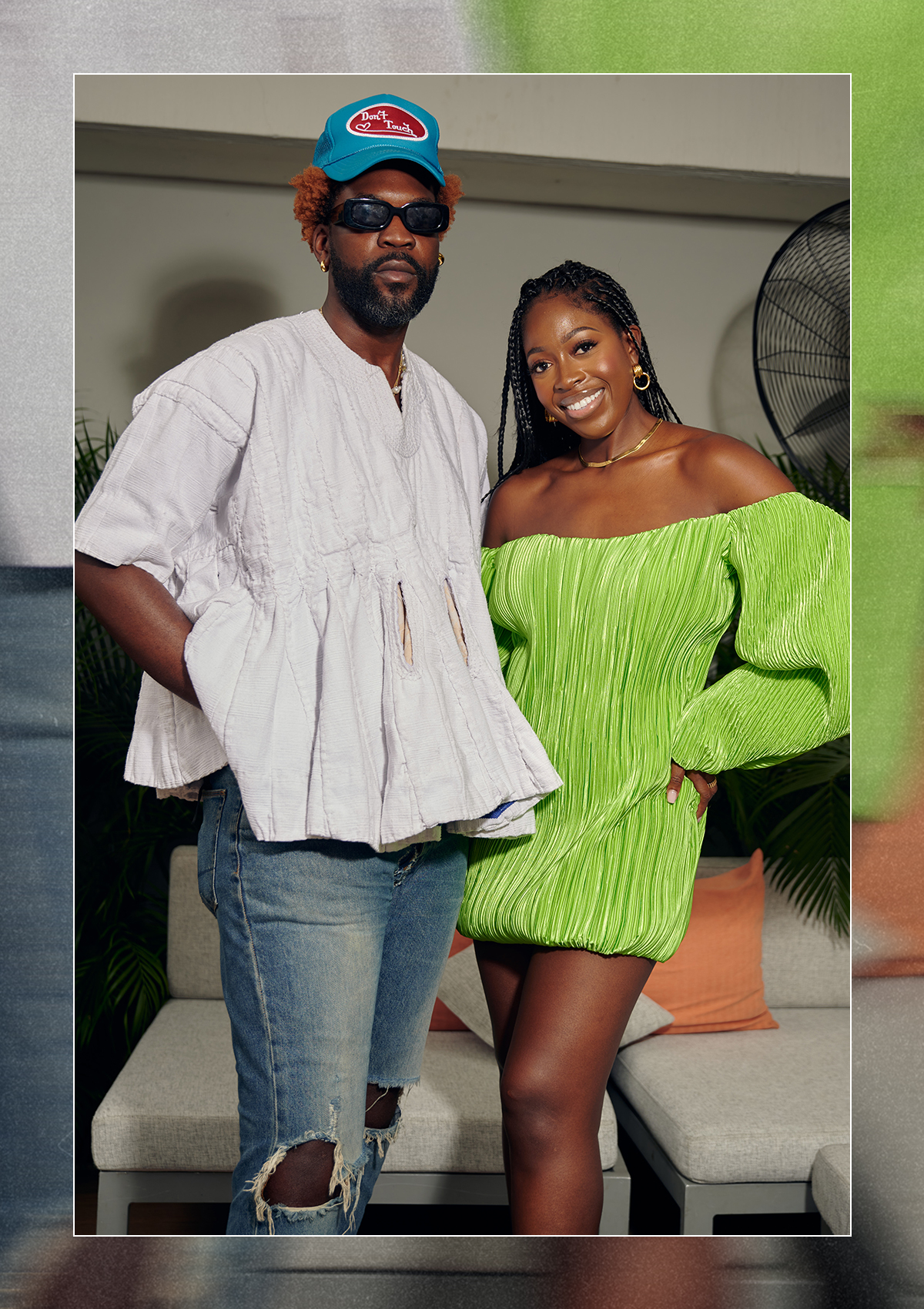
You founded EveryStylishGirl back in 2016. How has the mission of your multimedia platform evolved since then?
We first started as an Instagram blog. We had a very similar style to Humans of New York, where we would stop a stylish Black woman on the street and interview her. We would use that story to inspire other Black and Brown women to say, "Hey, this woman is a fashion designer, a journalist, or a CEO, and we are in these spaces. We're killing it." I started because of the lack of representation of our stories online. And after a year, our community began asking, "We love connecting with women online, but how can we meet them offline?" So we began to produce our in-person networking conferences, and it's been phenomenal. We've opened the doors for Black creators to find jobs through these events and help them just build their foundation in the industry.
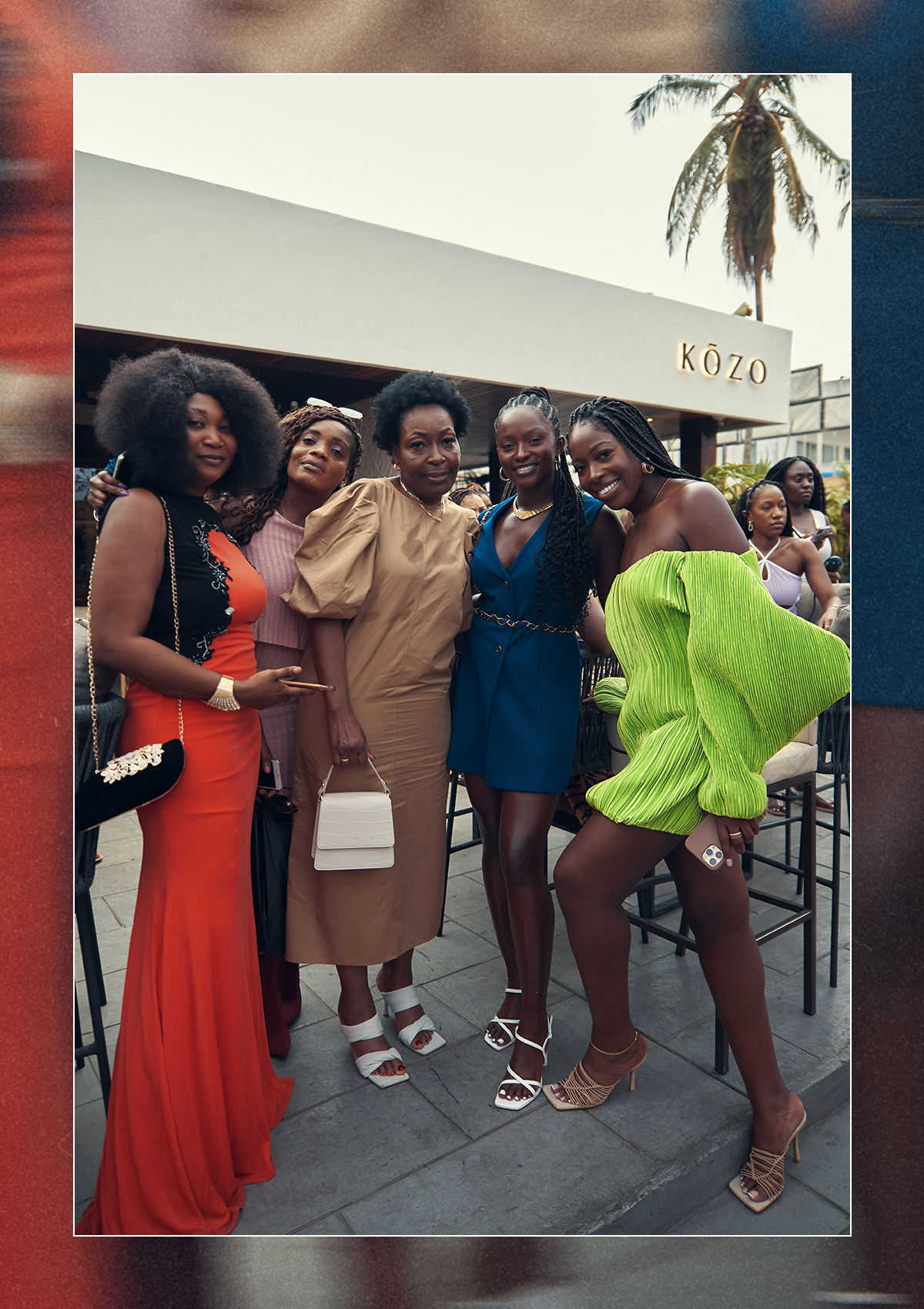
ESG is all about connecting women of color, both IRL and on the internet. Why do you think it's vital to create a space for women of color to show up?
If you don't see yourself in those spaces, you're not going to try to break into those spaces. When I first started in fashion, there was no one like me in the room. There were only a few women of color working in the office, but I was the only darker-skinned woman in that space. And I don't think I'd be where I am now if the other women in that space didn't offer me guidance along the way. Having any type of mentorship or guidance from fellow women that support you can help you feel less intimidated and capable of doing anything, so I want to be able to provide that same support to others.
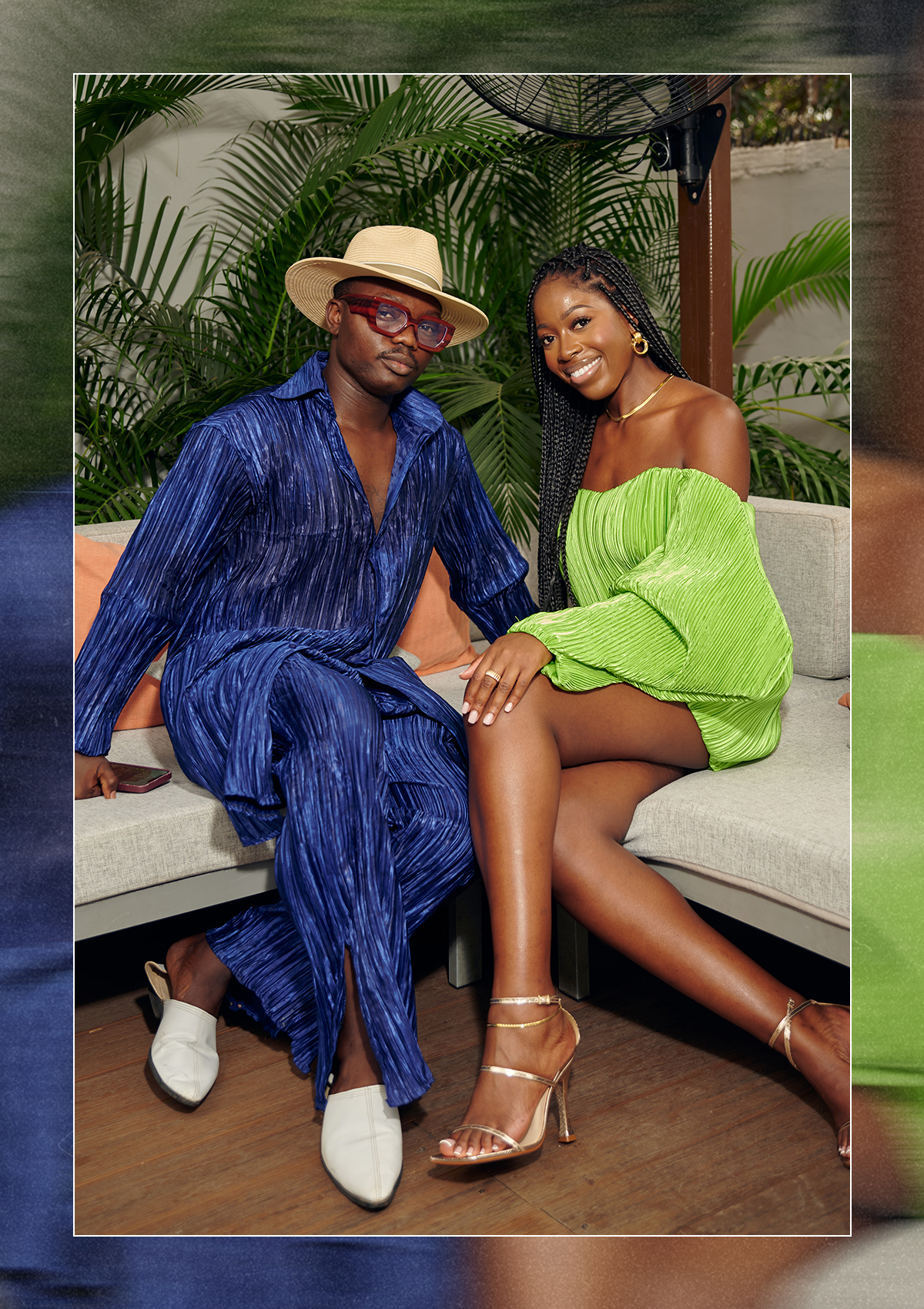
Long before the industry was speaking about systemic racism, your platform was dedicated to helping Black women enter the media industry. Would you say changing the industry is what compelled you to start ESG?
I've always wanted change. It started out of frustration. I knew I didn't have much leverage to tell the stories or hold people accountable as much as I wanted to. But I knew I couldn't do that through companies and platforms that I didn't own. Since starting ESG, we've been able to lead so many different initiatives to ensure that we're holding companies accountable and hiring leaders, executives, and talent that reflects the diversity of the world we live in.
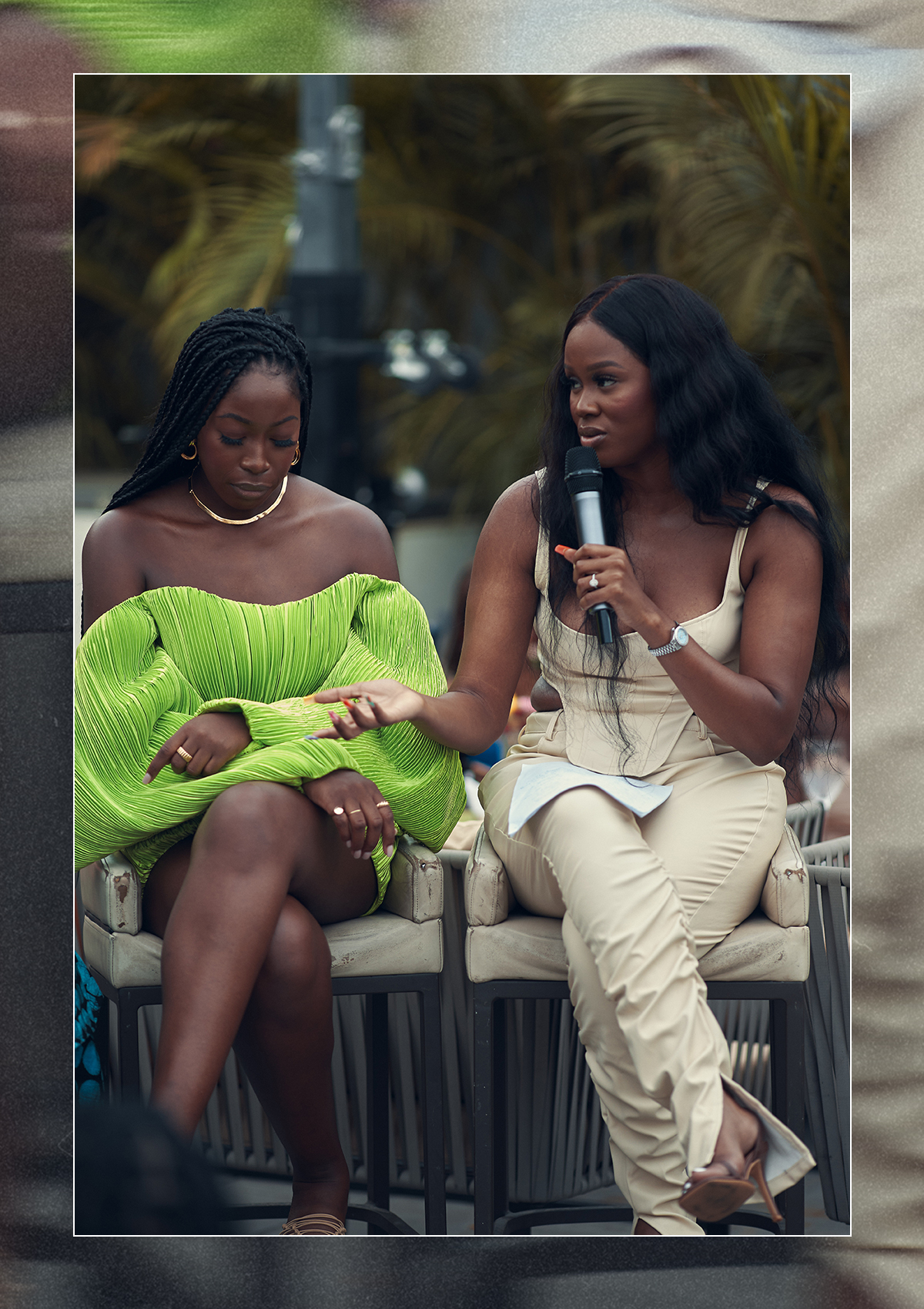
Now that you've been running ESG for over six years, how do you feel it's changed the industry?
We're continuing to change the industry by reshaping what the world of business looks like for women. Through our platform, we're being transparent about race, what we're getting paid, the industry titles we're getting, how we're asking for a promotion, and we're sharing how to ask for a raise or quit your job. We're sharing that knowledge on Instagram to empower the next generation. And then, what we're doing on a bigger scale is holding businesses accountable through our global HR recruitment directory for the media and fashion industry.
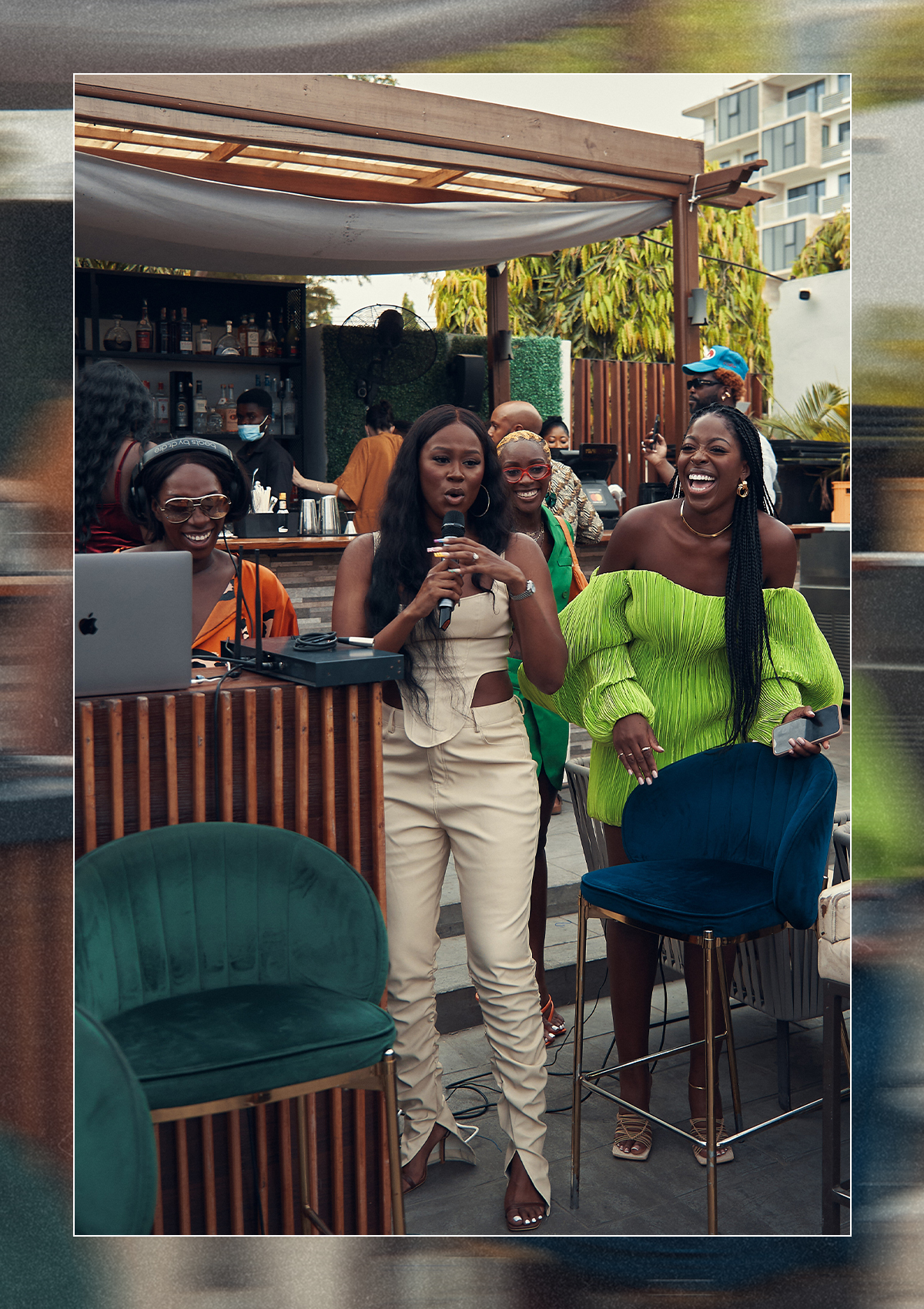
Speaking of your global directory, why was it essential to create this directory of Black social media editors, writers, and stylists?
So much of the Black community was disproportionately impacted by the onset of COVID-19. and I wanted to create a resource for them. We were asking ourselves, "How do we let these women know when jobs are looking for them?" We landed on creating a platform where they can sign up, and share if they're actively looking for a job if they're willing to relocate, and their experience. Our goal was to give women access to the job opportunities they're looking for and for them to get paid a fair wage.
And on the flip side, the platform is an excellent resource for companies in the fashion or media space to find talented individuals. During the rise of protests in 2020, we saw a lot of companies saying, "We're not diverse because we don't know where to find this talent. We can't meet the Fifteen Percent Pledge because there's not enough qualified talent." And we're like, "Enough with the excuses. It's time to diversify your company." So we created a recruitment directory where we've made it possible to have over 200 talented Black and Brown creative professionals recruited from various levels of experience. I can't stress enough that if you are a company in the fashion or media space and are looking for creative professionals, you should sign up because this is how you find talented individuals. And we've already had so many incredible companies like LVMH, Who What Wear, and PopSugar that were looking to be held accountable in terms of representation and diversity within the workplace and use the directory to hire new talent. I'm so proud of that.
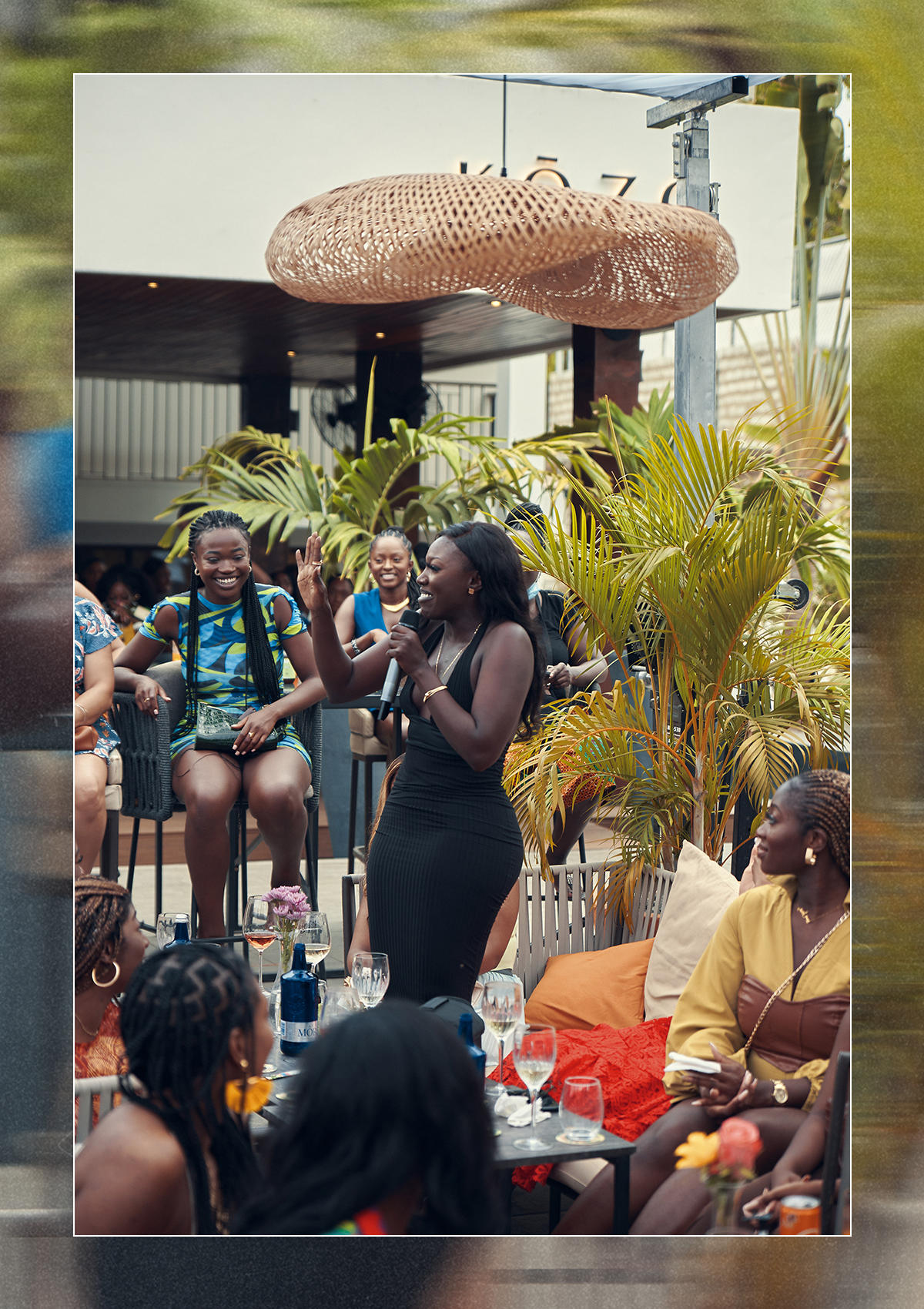
Why is it more important than ever to dismantle entry barriers for people of color into the industry?
There are so many roadblocks and so much nepotism in the industry. You can submit your résumé, and if you don't have a common name or didn't go to a recognizable school, you can be brushed off despite being qualified for the role. So I think that's a massive part of why I started ESG's directory. … There's a pipeline issue, and we want to fix it. I want to share a story that forever touches my heart. Before we began having companies submit job postings, we often just shared interesting jobs on our Instagram feed. And we had found one from Buzzfeed, so we shared it with our community. And this young Black Muslim woman emailed us and told us she would have never known an opportunity like that existed and never had access to even apply to it. And for her to get that job after (there were probably thousands of applicants) speaks to the fact [that] there are so many talented Black people that are qualified for the job. They just need the barriers to be removed.
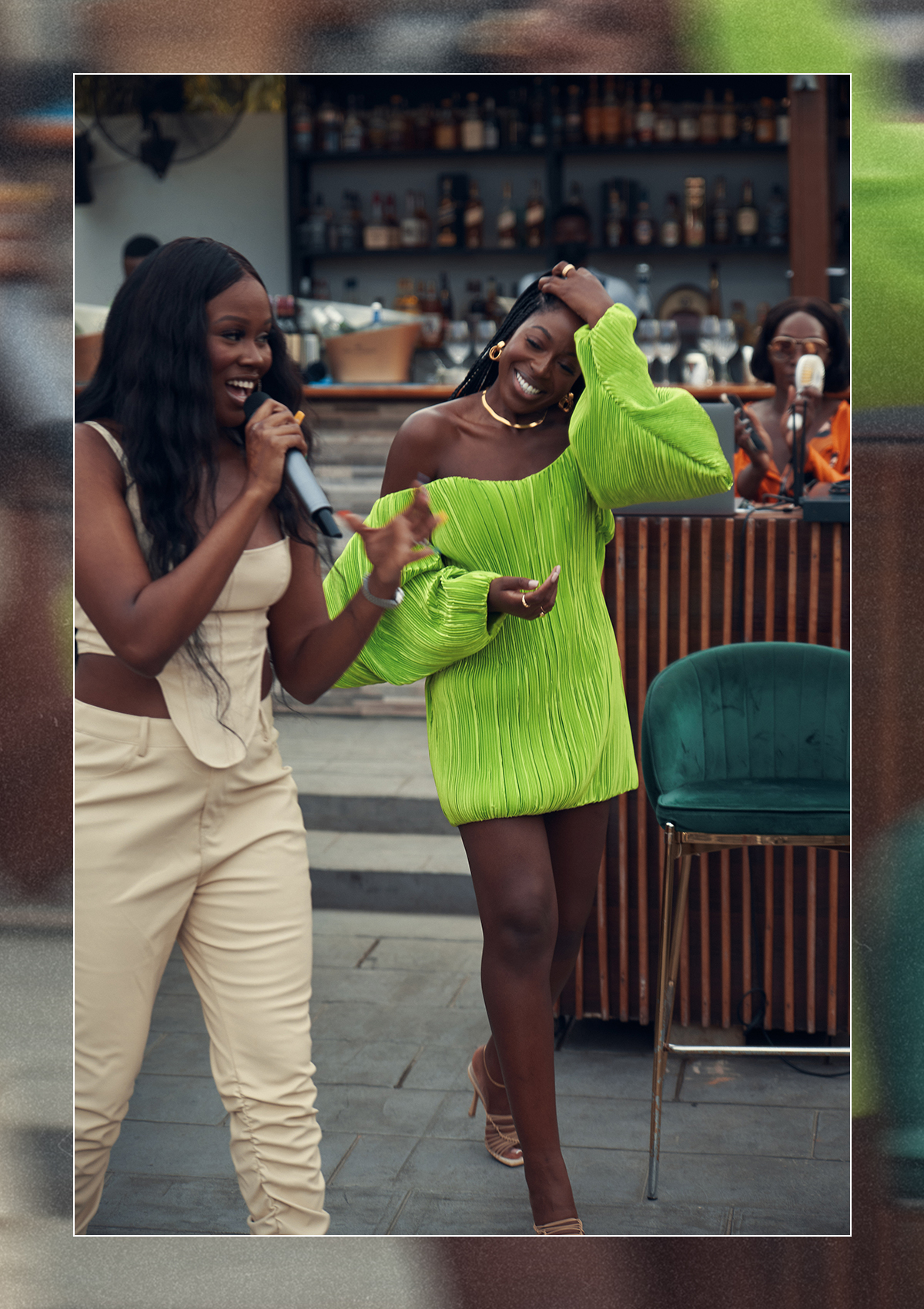
What do you hope people take away from your work?
I always had lived by [this] idea: "Don't forget when you have a door opened for you to leave it open for the person behind you." And that's exactly what we're doing with ESG. I hope my legacy speaks of how excited I am about this next generation. It's never been about me. It's always been about using what I have to help open doors for others and bring them in with me. I'm always thinking about how to strive for greater representation, how to set people up for success, and how to get other Black and Brown women into the fold. It's something our team prides itself on. We're not about the talk; we're about action.
Next: For Trans Women, Fashion Is More Than Just Clothes—for These 4, It's Everything

Jasmine Fox-Suliaman is a freelance writer and editor living in New York City. What began as a pastime (blogging on Tumblr) transformed into a lifelong passion for unveiling the connection between fashion and culture on the internet and in real life. Over the last decade, she's melded her extensive edit and social background to various on-staff positions at Who What Wear, MyDomaine, and Byrdie. More recently, she’s become a freelance contributor to other publications including Vogue, Editorialist, and The Cut. Off the clock, you can find her clutching her cell phone as she's constantly scrolling through TikTok and The RealReal, in search of the next cool thing.
-
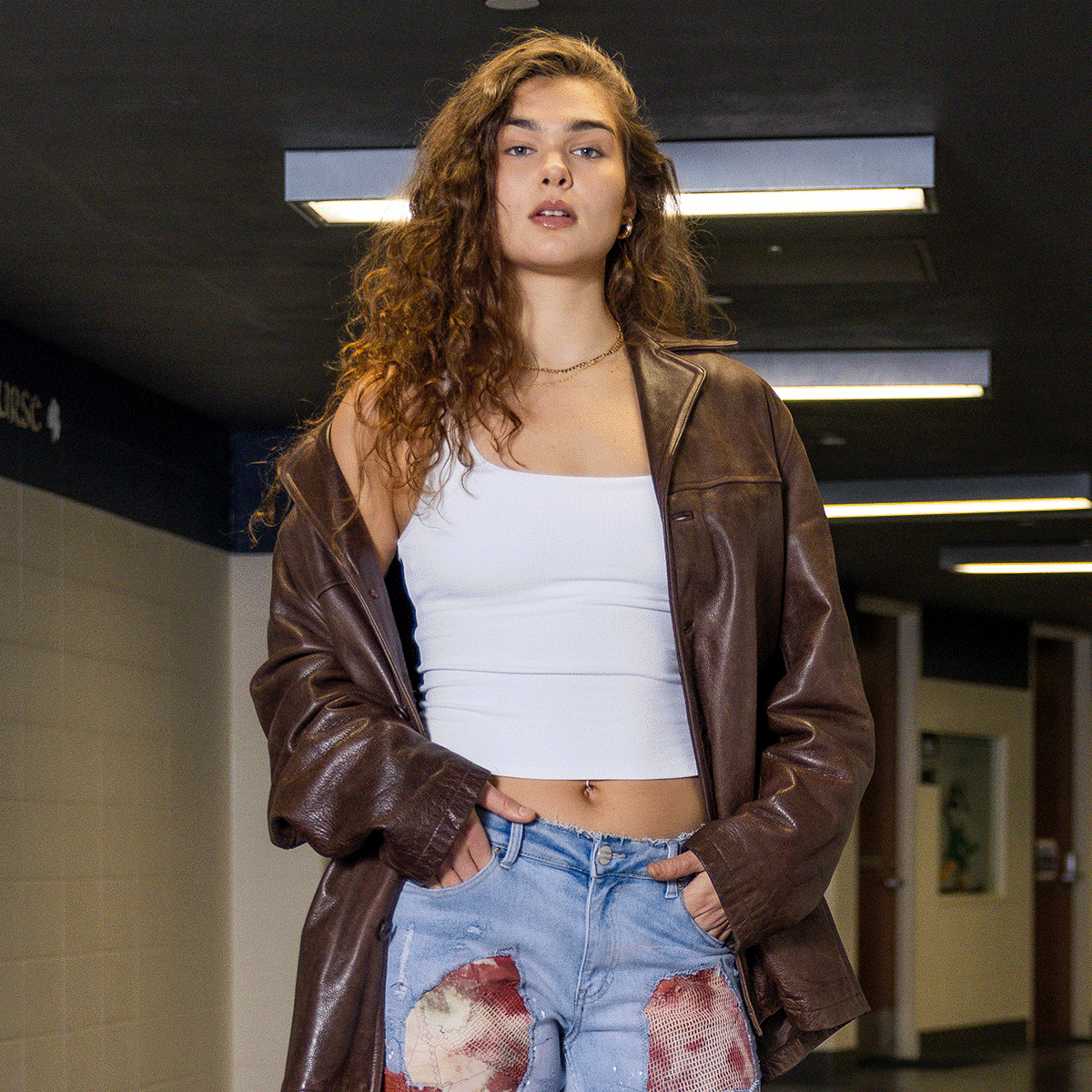 What Happens When College Basketball Embraces the Tunnel 'Fit?
What Happens When College Basketball Embraces the Tunnel 'Fit?I asked Notre Dame's Maddy Westbeld and Coach Niele Ivey.
By Eliza Huber
-
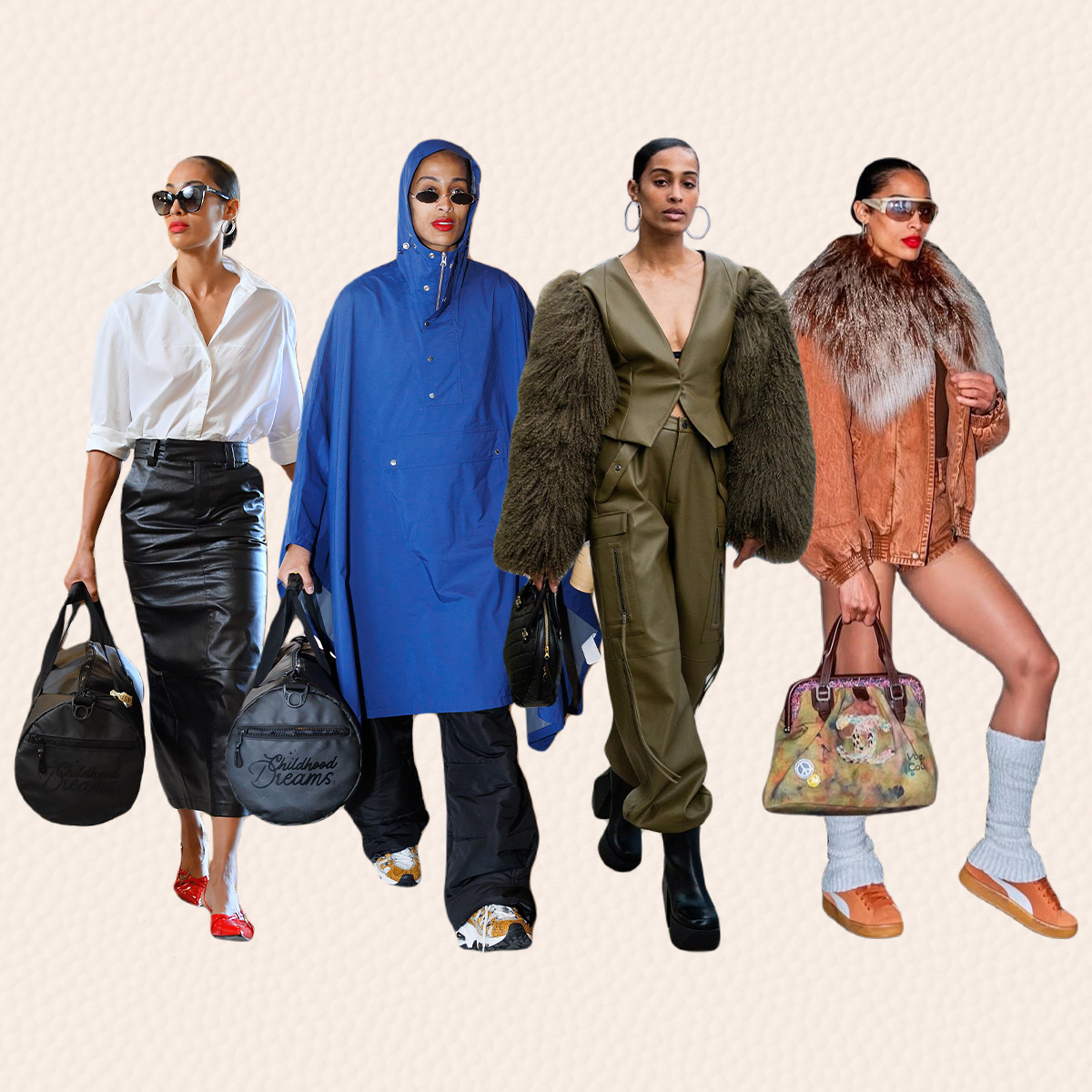 The Power of Styling in Sports
The Power of Styling in SportsIn conversation with Skylar Diggins-Smith and her stylist, Manny Jay.
By Eliza Huber
-
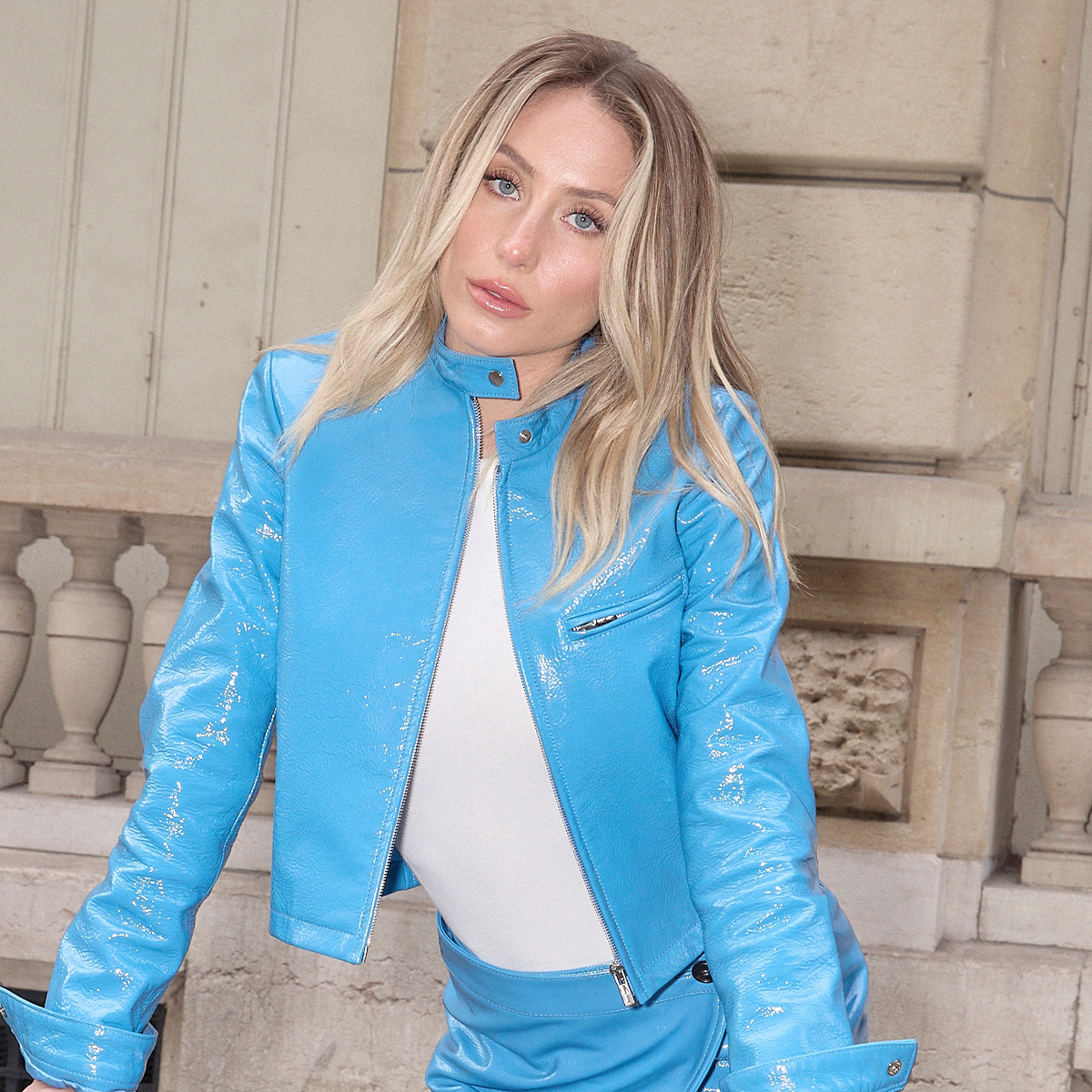 Alix Earle Takes Fashion Risks for Miu Miu (Yes, That Includes Socks With Heels)
Alix Earle Takes Fashion Risks for Miu Miu (Yes, That Includes Socks With Heels)Anything for Mrs. Prada.
By Ana Escalante
-
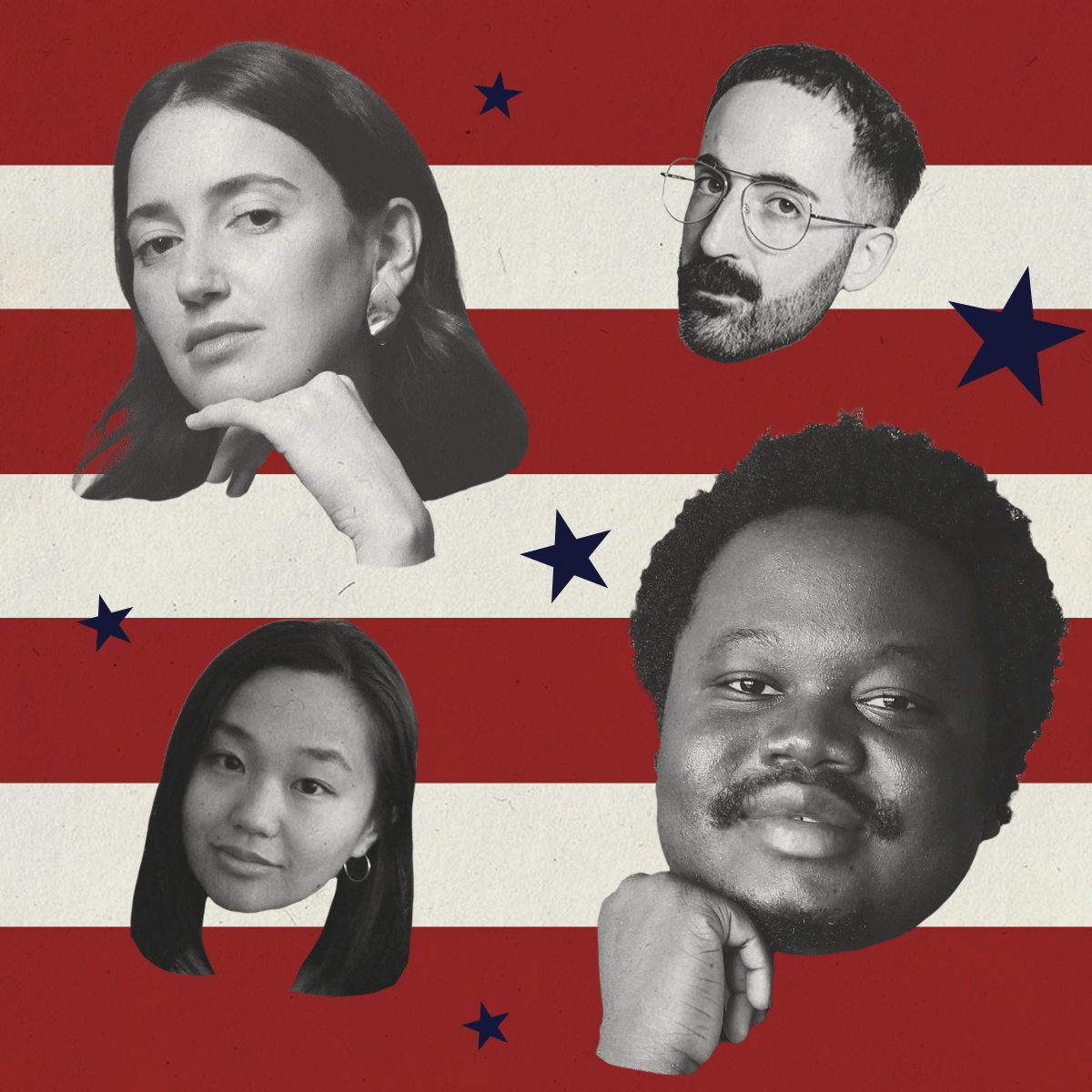 Invest In America: Meet the Political and Creative Forces Driving American Fashion's Evolution
Invest In America: Meet the Political and Creative Forces Driving American Fashion's EvolutionThe future is now.
By Ana Escalante
-
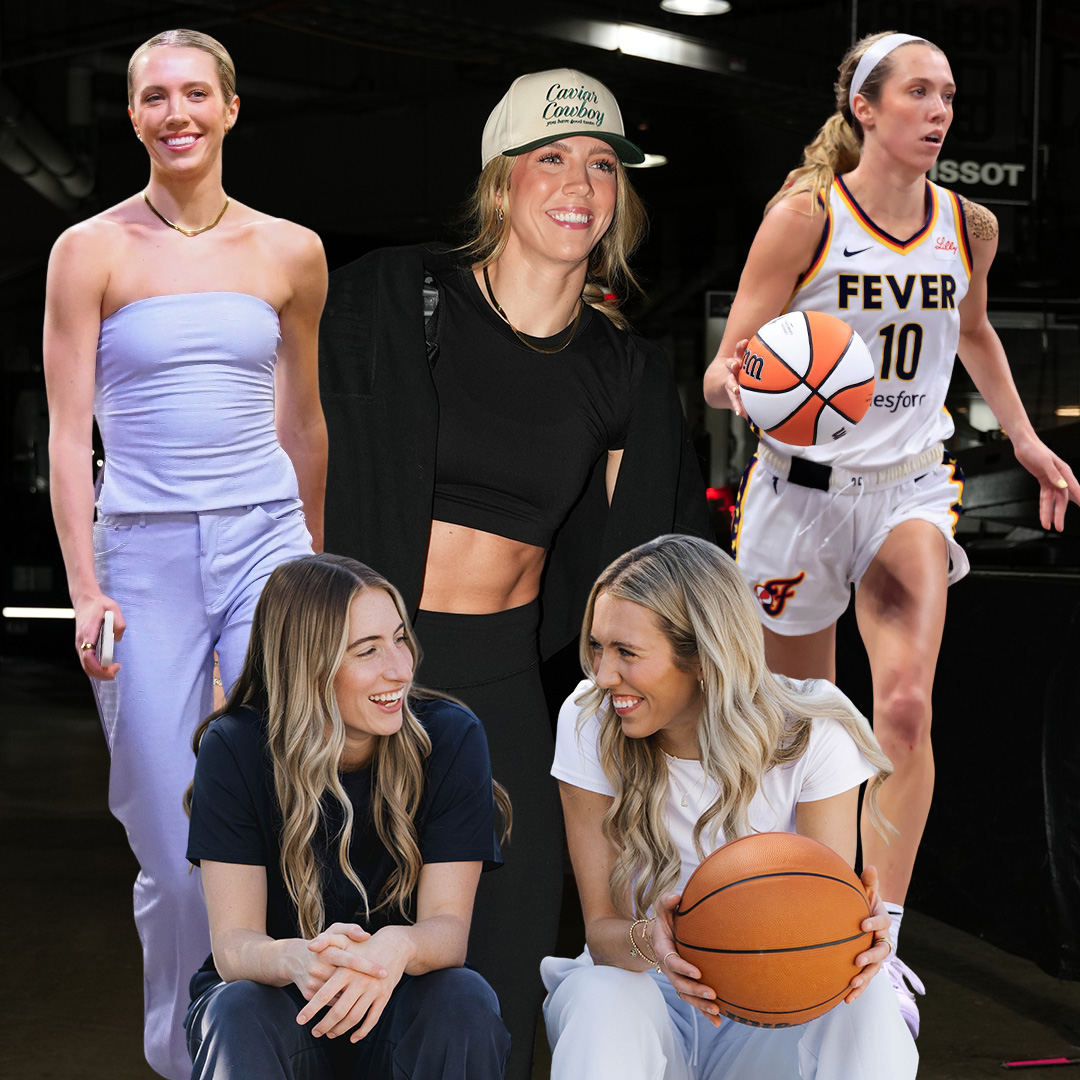 Meet Lexie Hull, TikTok's Favorite Shooting Guard Turned Influencer
Meet Lexie Hull, TikTok's Favorite Shooting Guard Turned InfluencerI spoke with Athleta's newest Power of She Collective member.
By Eliza Huber
-
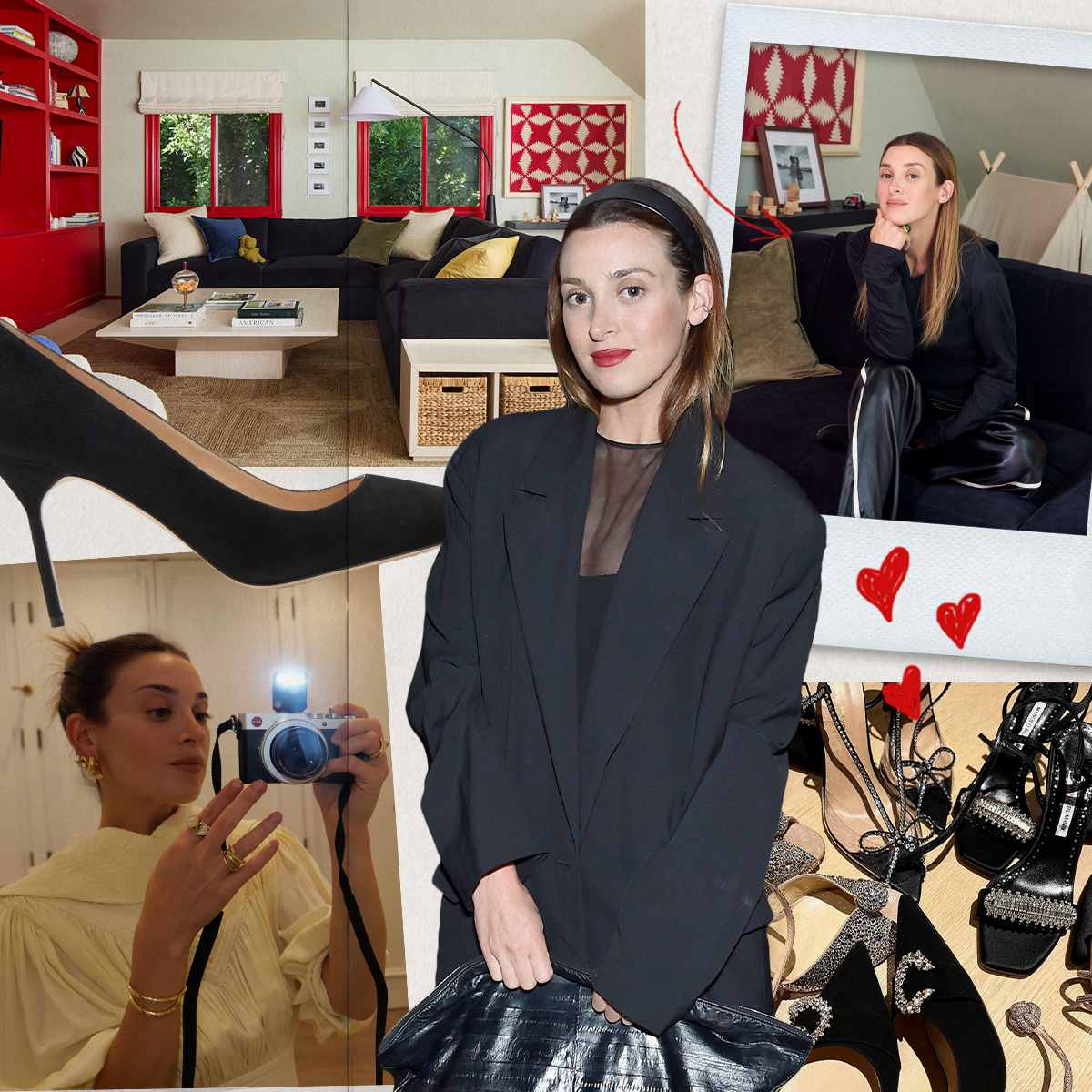 Jamie Mizrahi's World: The Celeb Stylist's Favorite Red Carpet Look, Most Worth-It Shoe, and Album She Listens to on Repeat
Jamie Mizrahi's World: The Celeb Stylist's Favorite Red Carpet Look, Most Worth-It Shoe, and Album She Listens to on RepeatA modern-day style expert.
By Allyson Payer
-
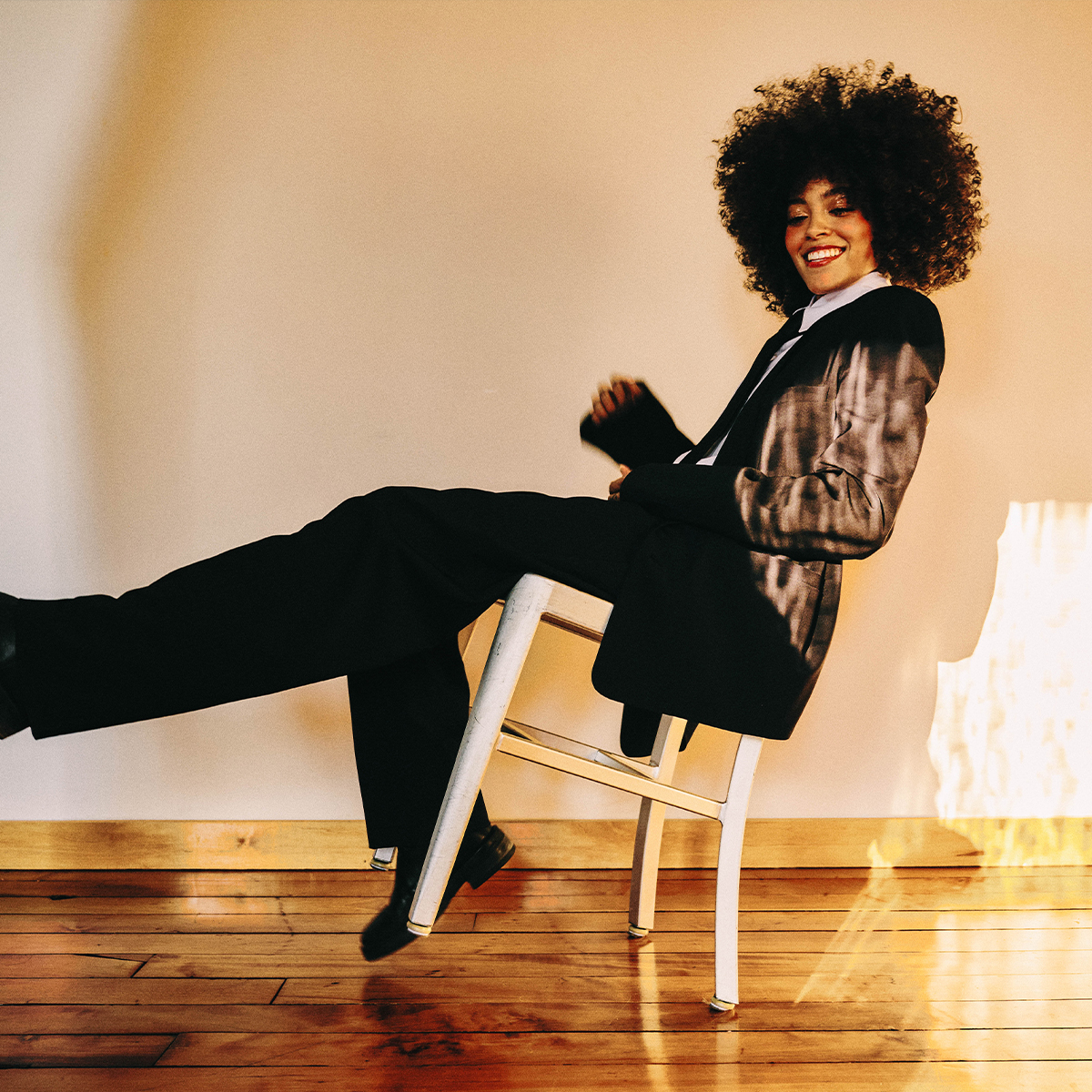 Quintessa Swindell Breaks the Rules, Then Makes Their Own
Quintessa Swindell Breaks the Rules, Then Makes Their OwnThe Prime Target actor talks life, advocacy, and art.
By Ana Escalante
-
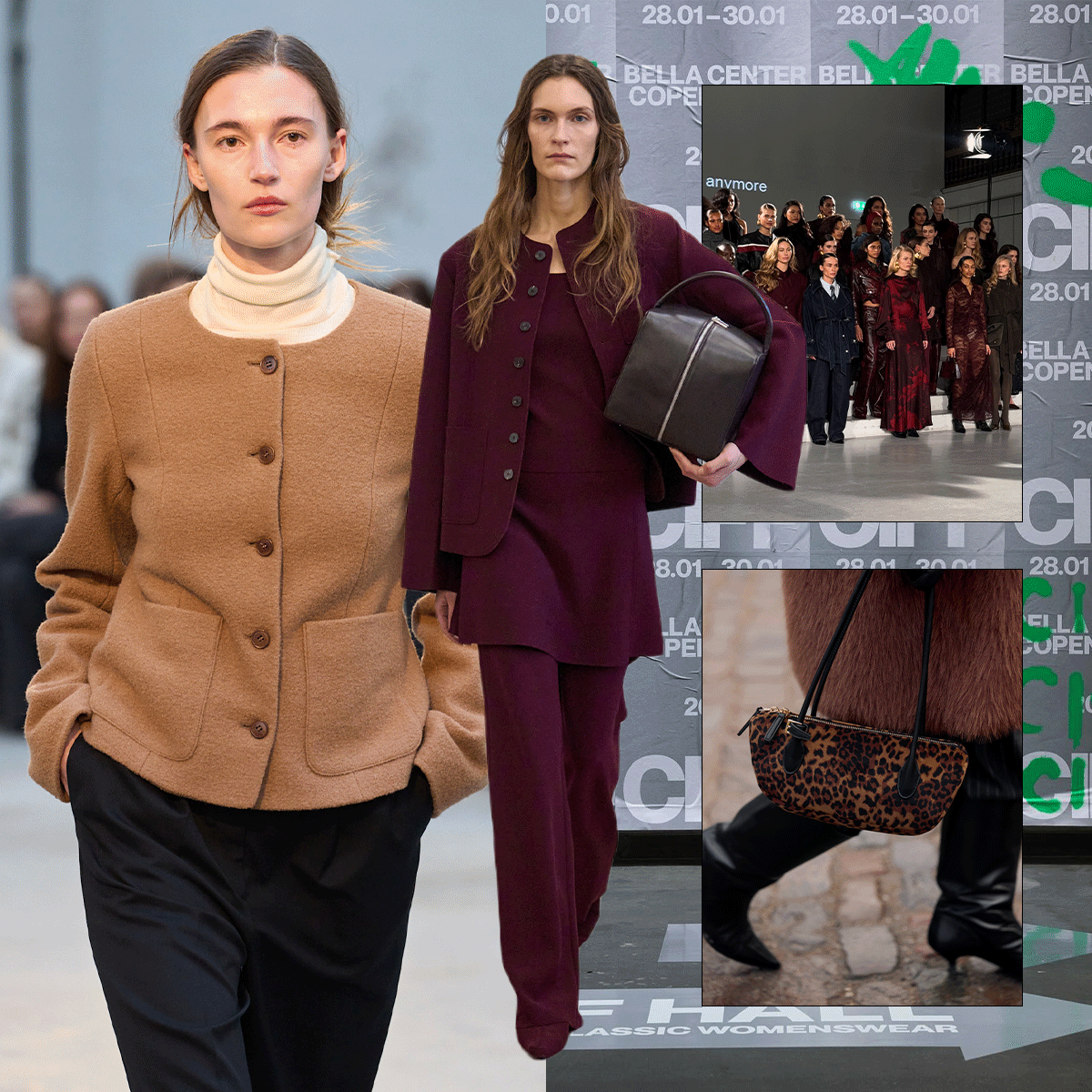 Copenhagen Is Calling: 5 Key Trends Paris and London Fashion Buyers Are Backing
Copenhagen Is Calling: 5 Key Trends Paris and London Fashion Buyers Are BackingGet 'em before anyone else.
By Ana Escalante
